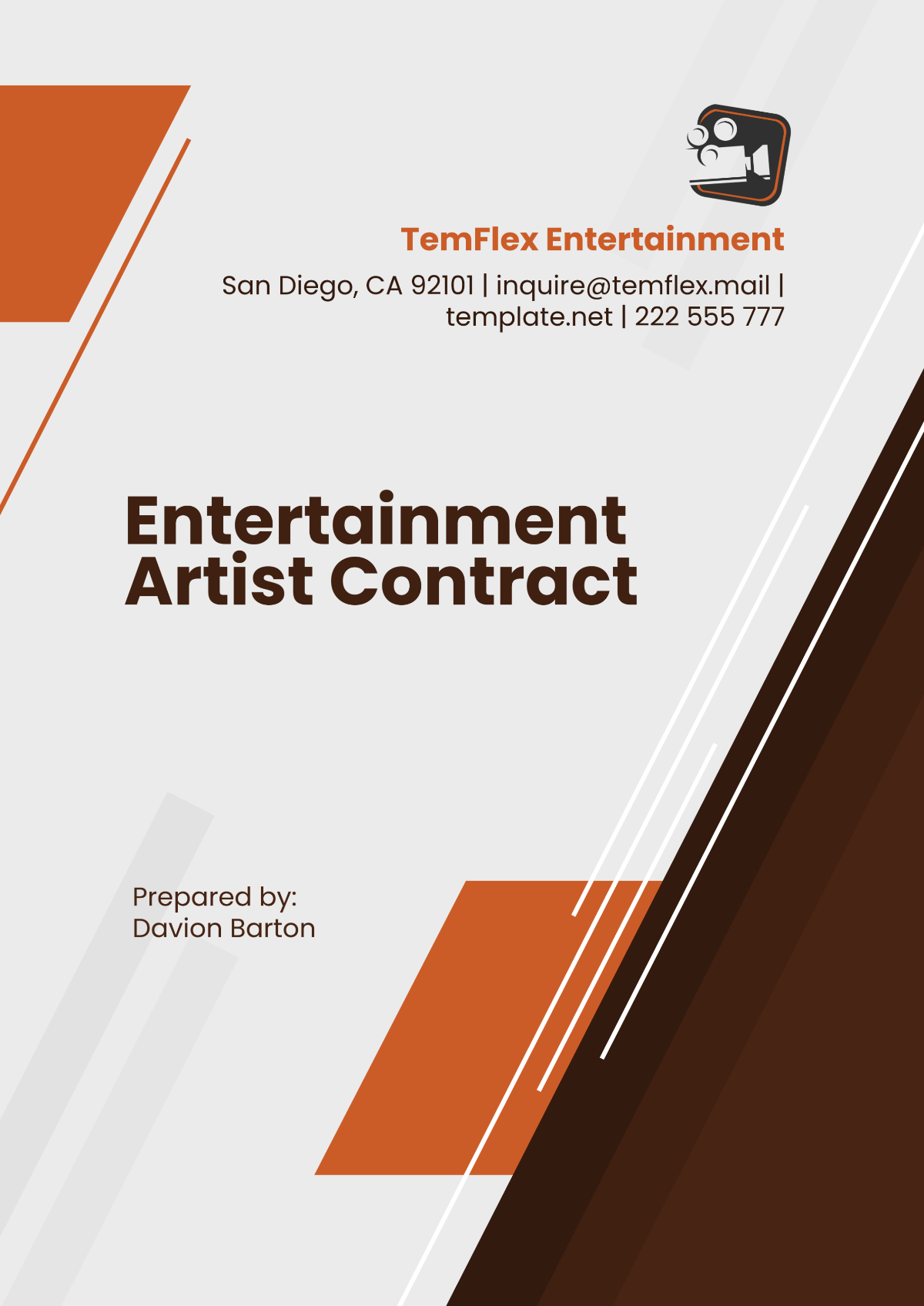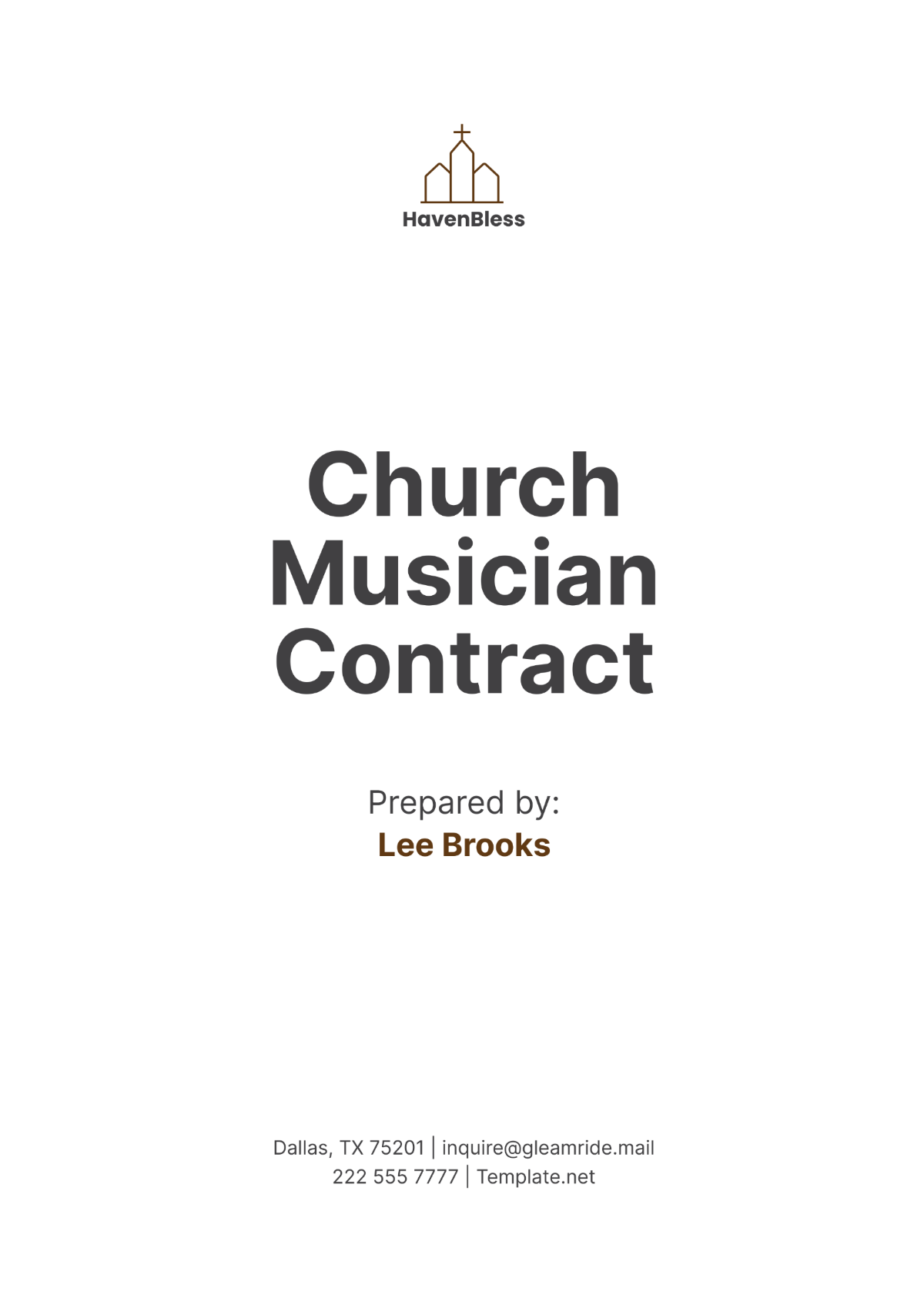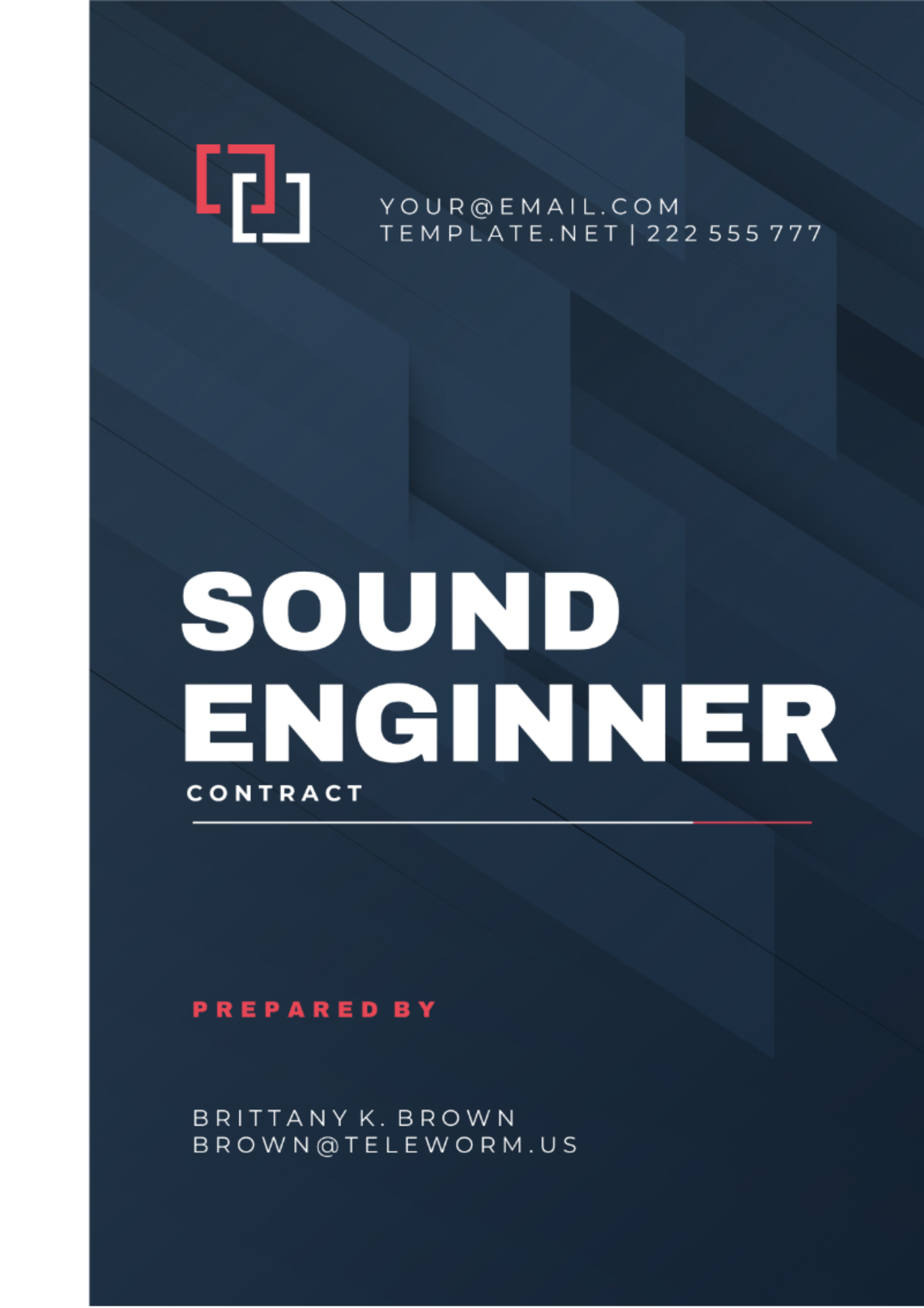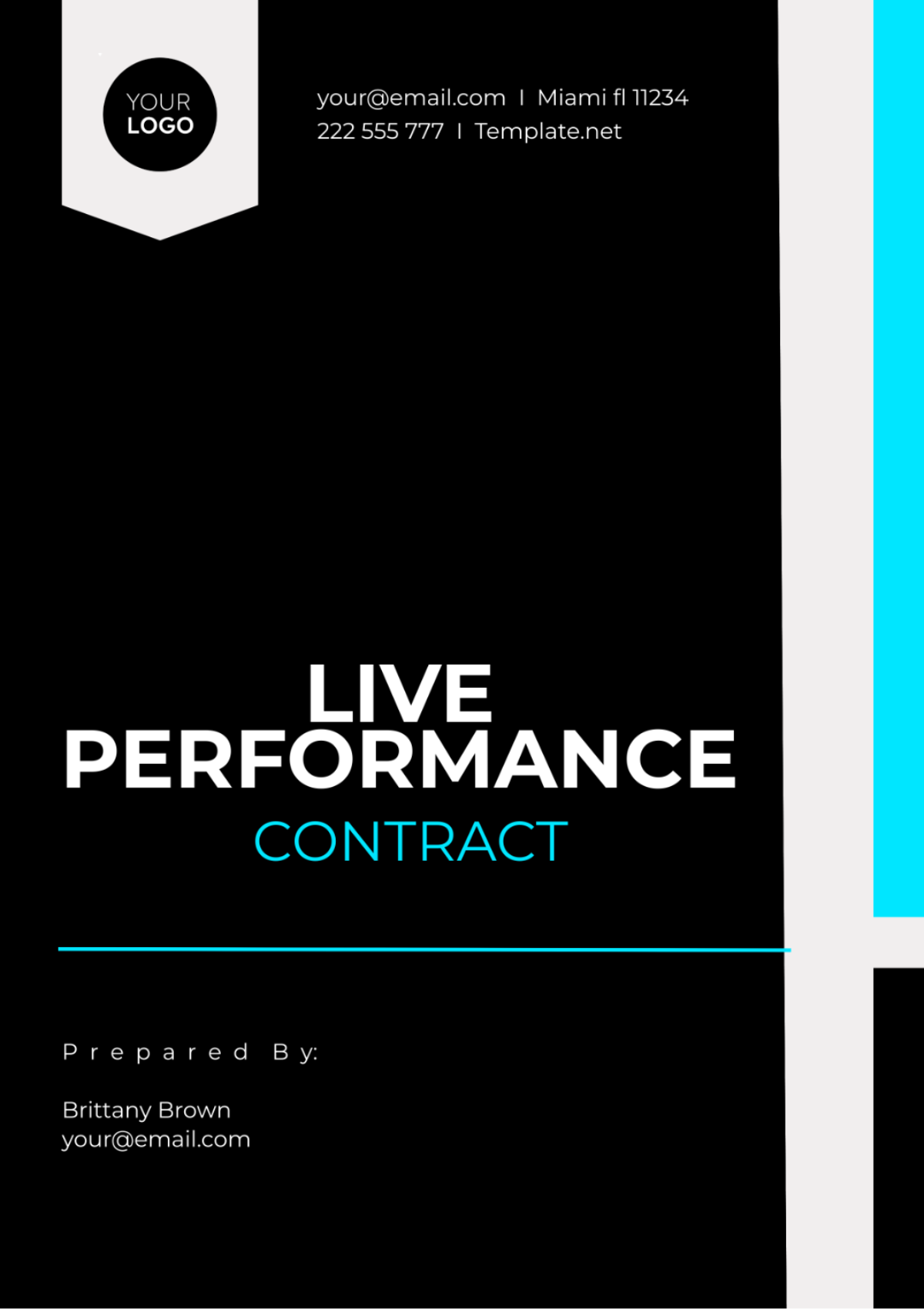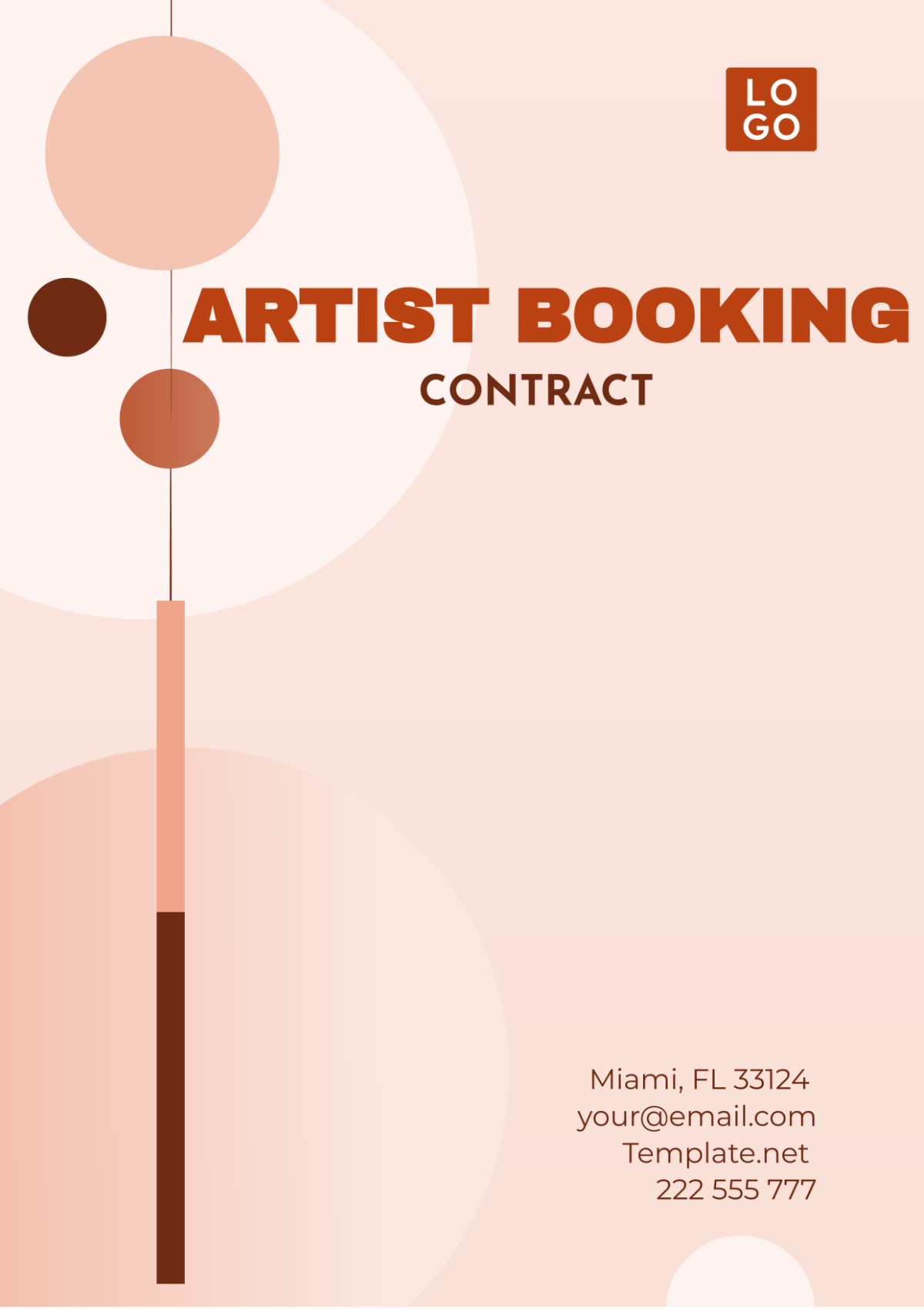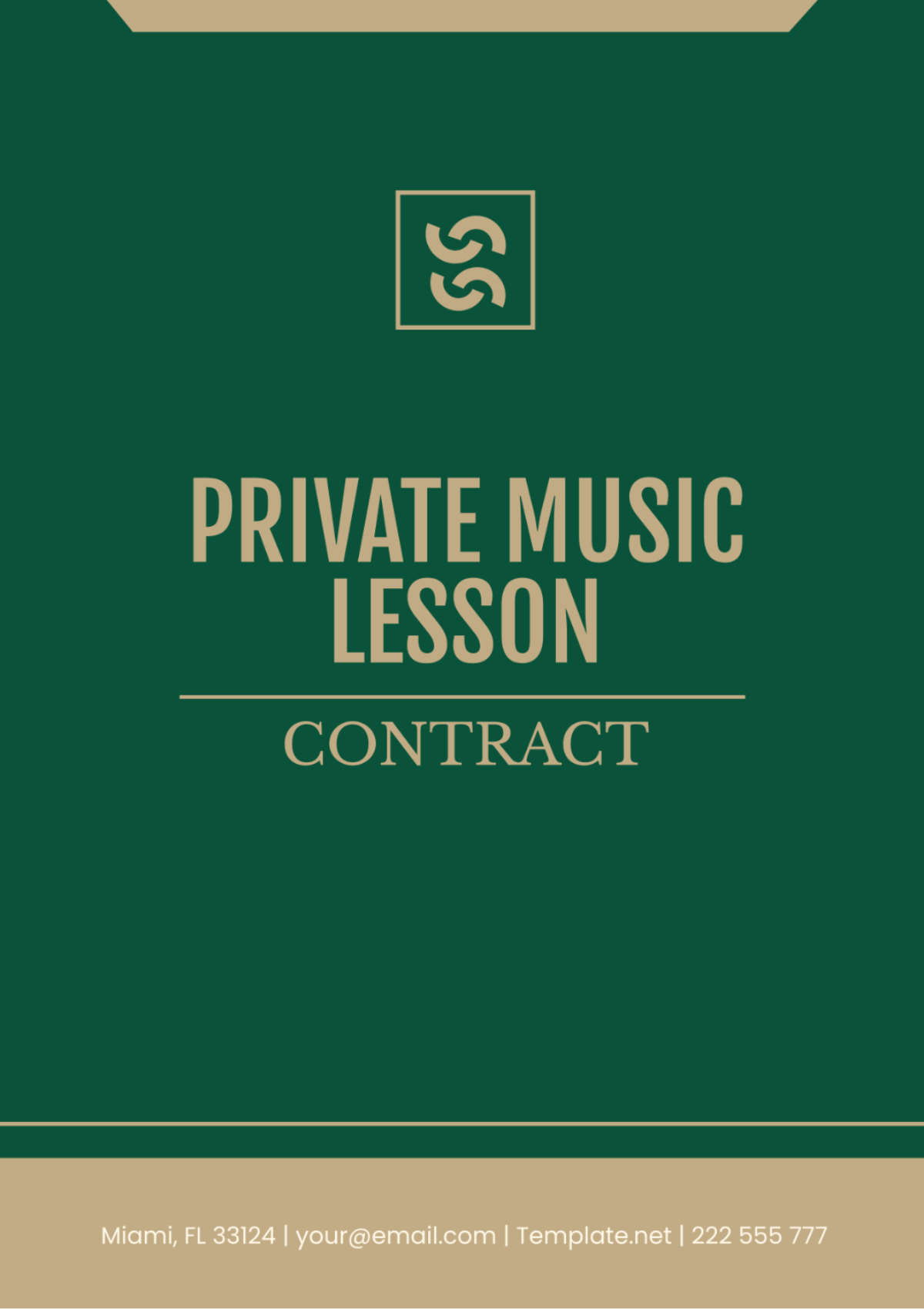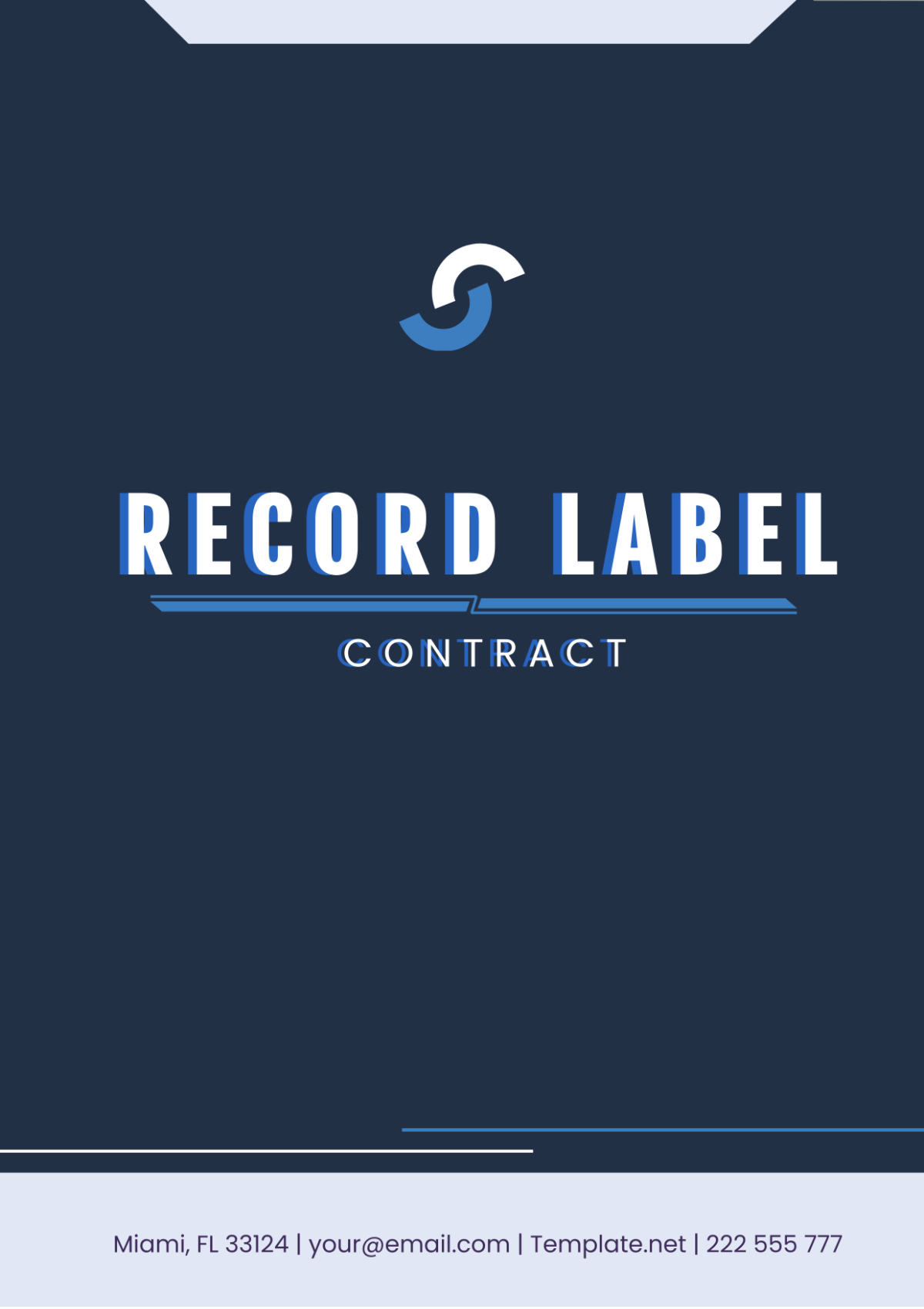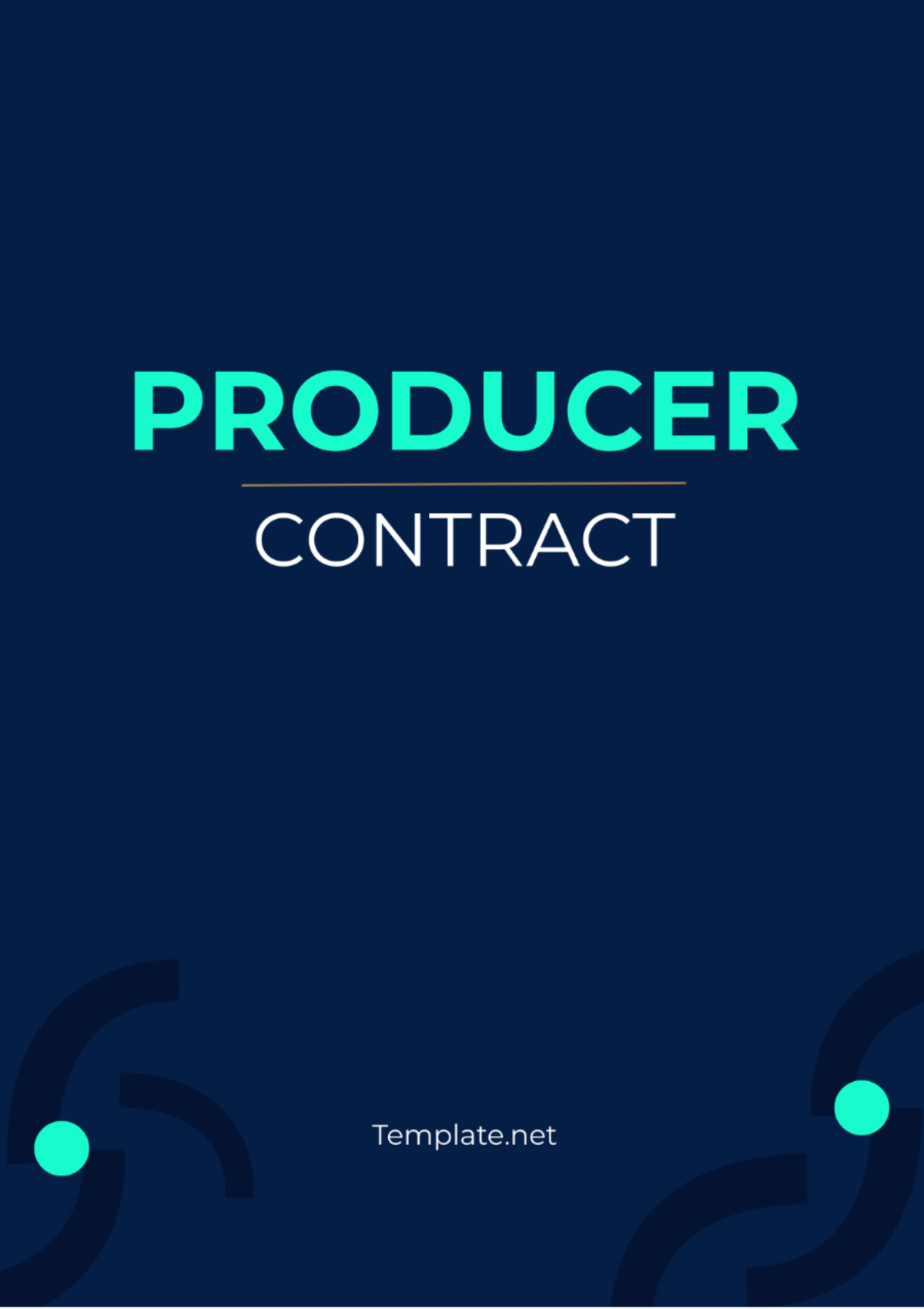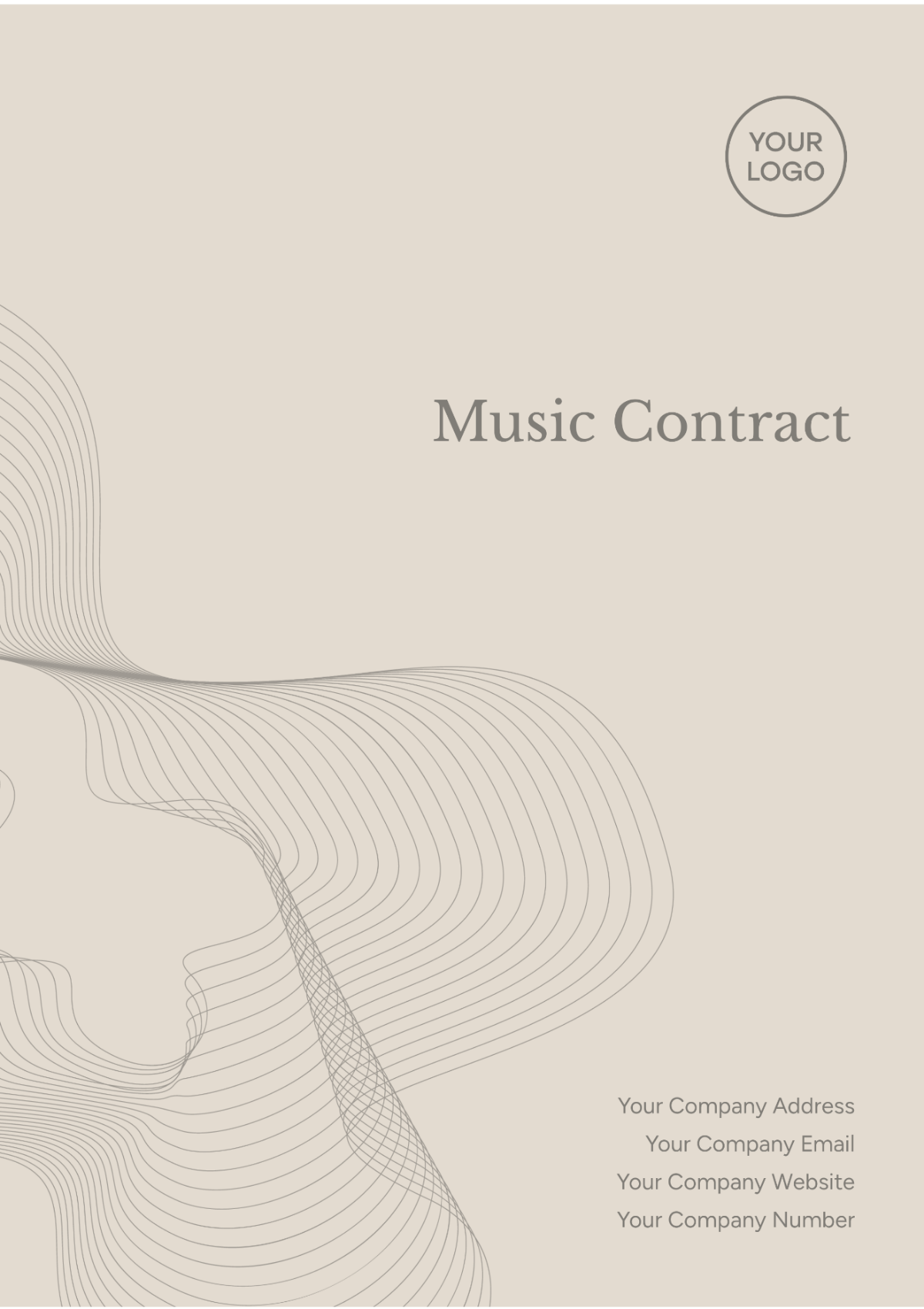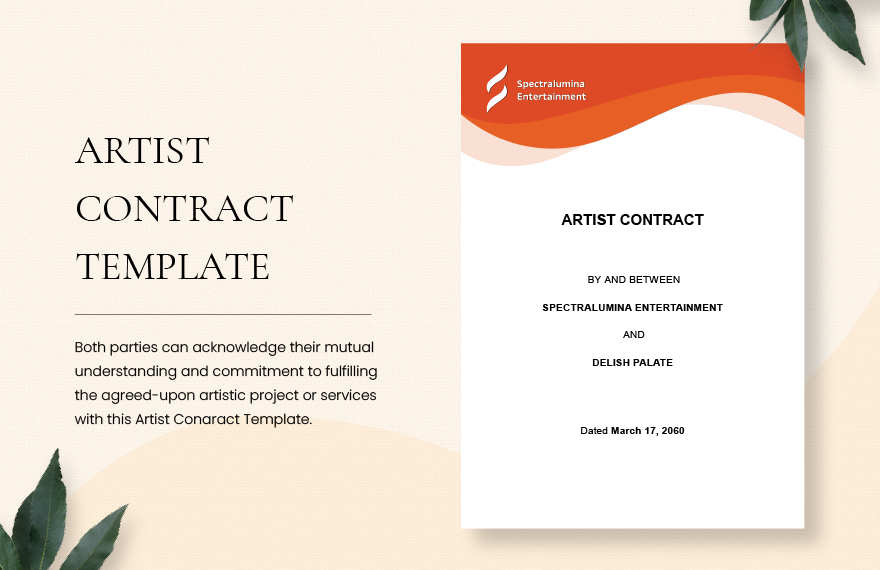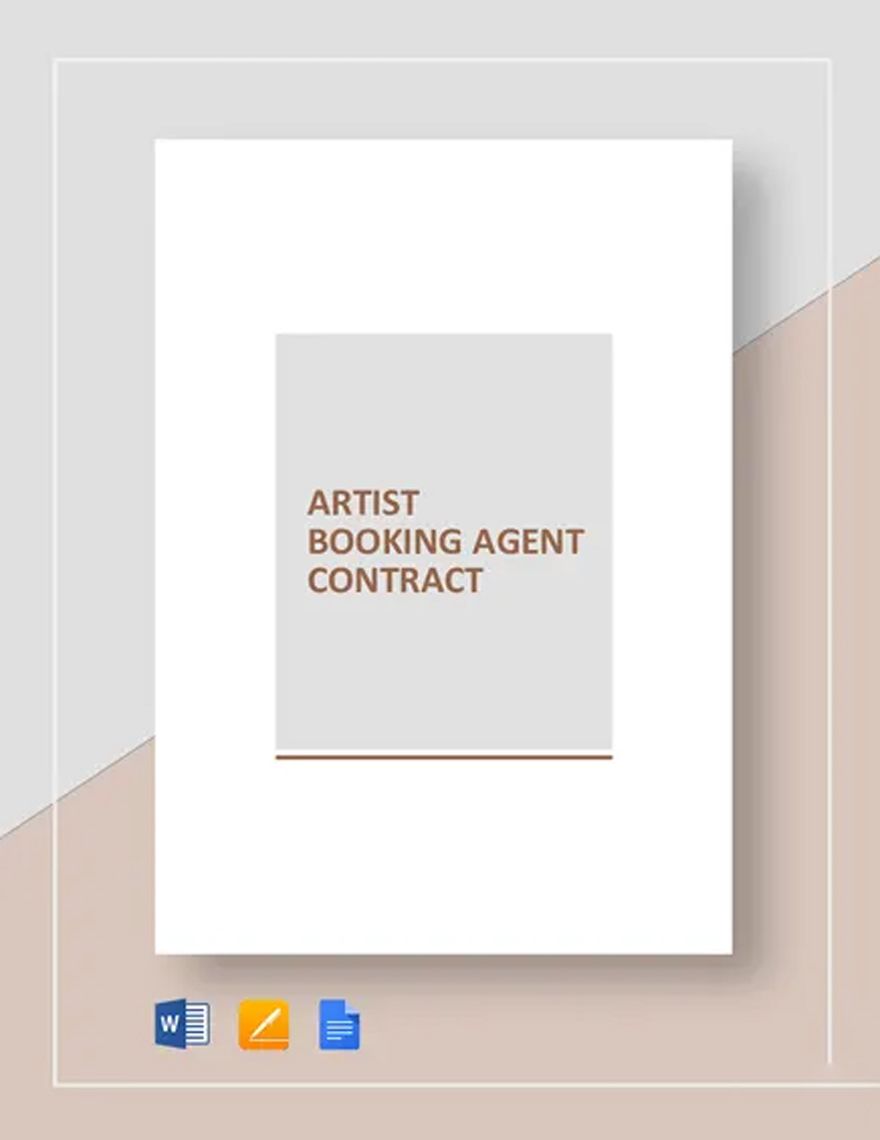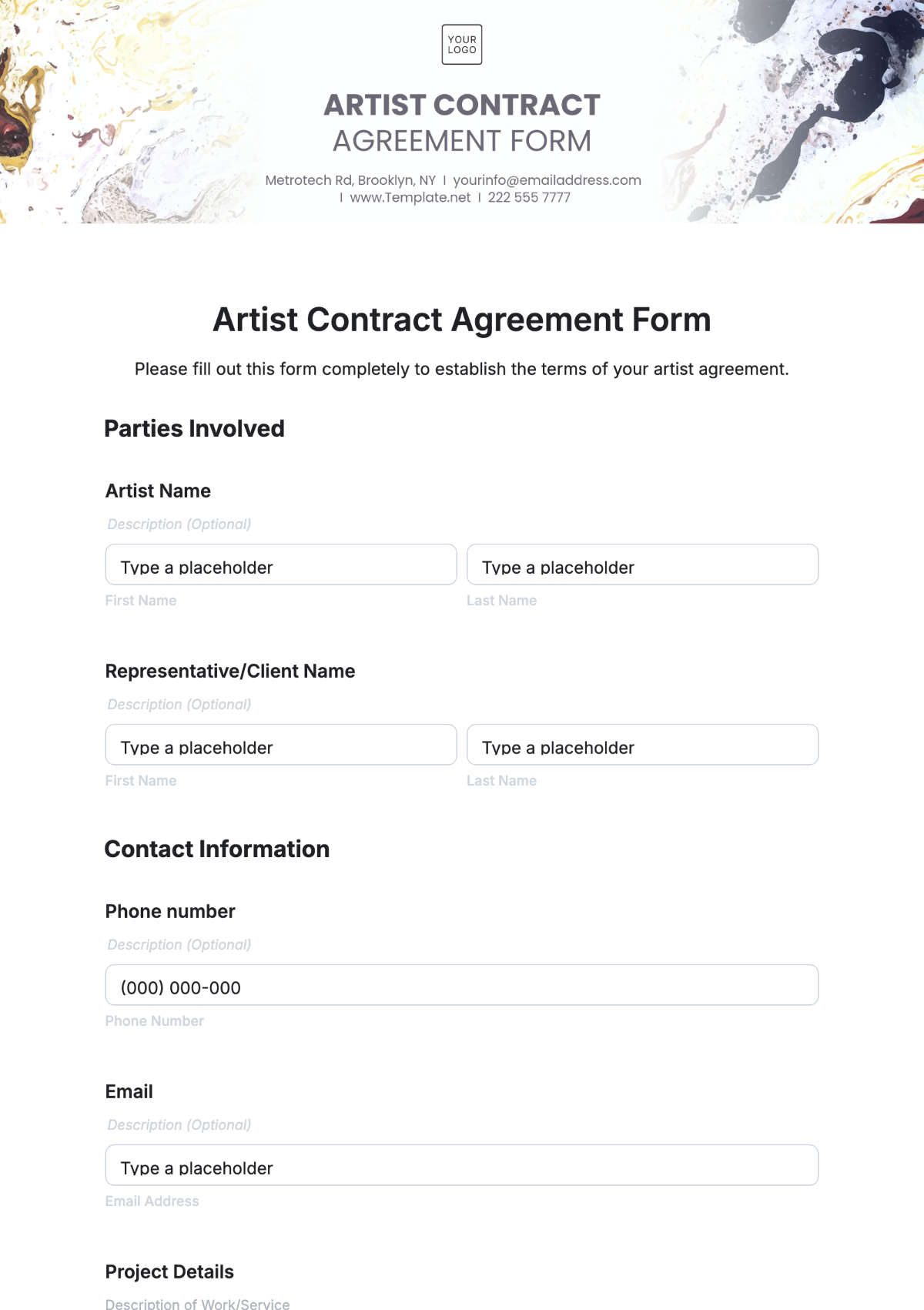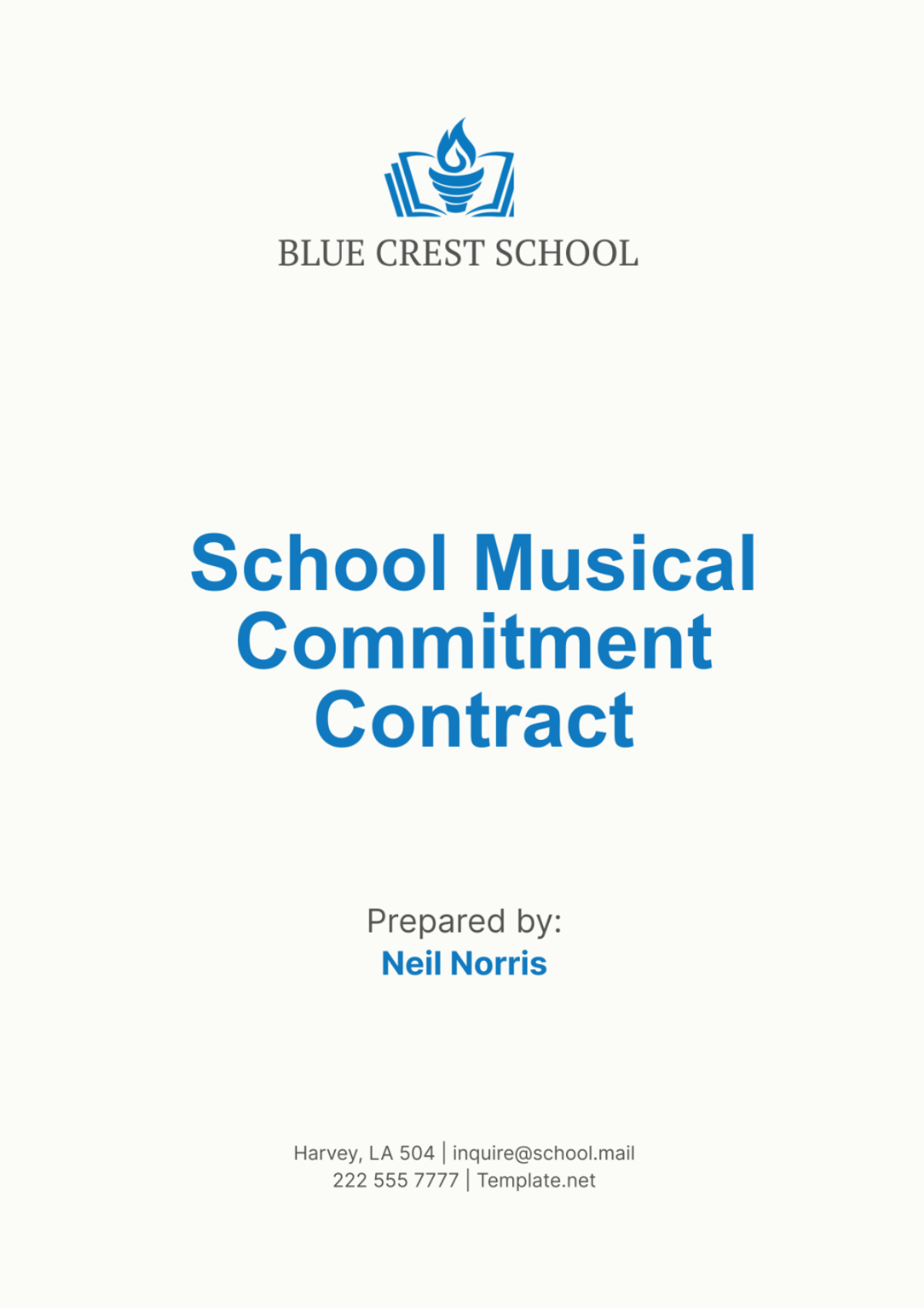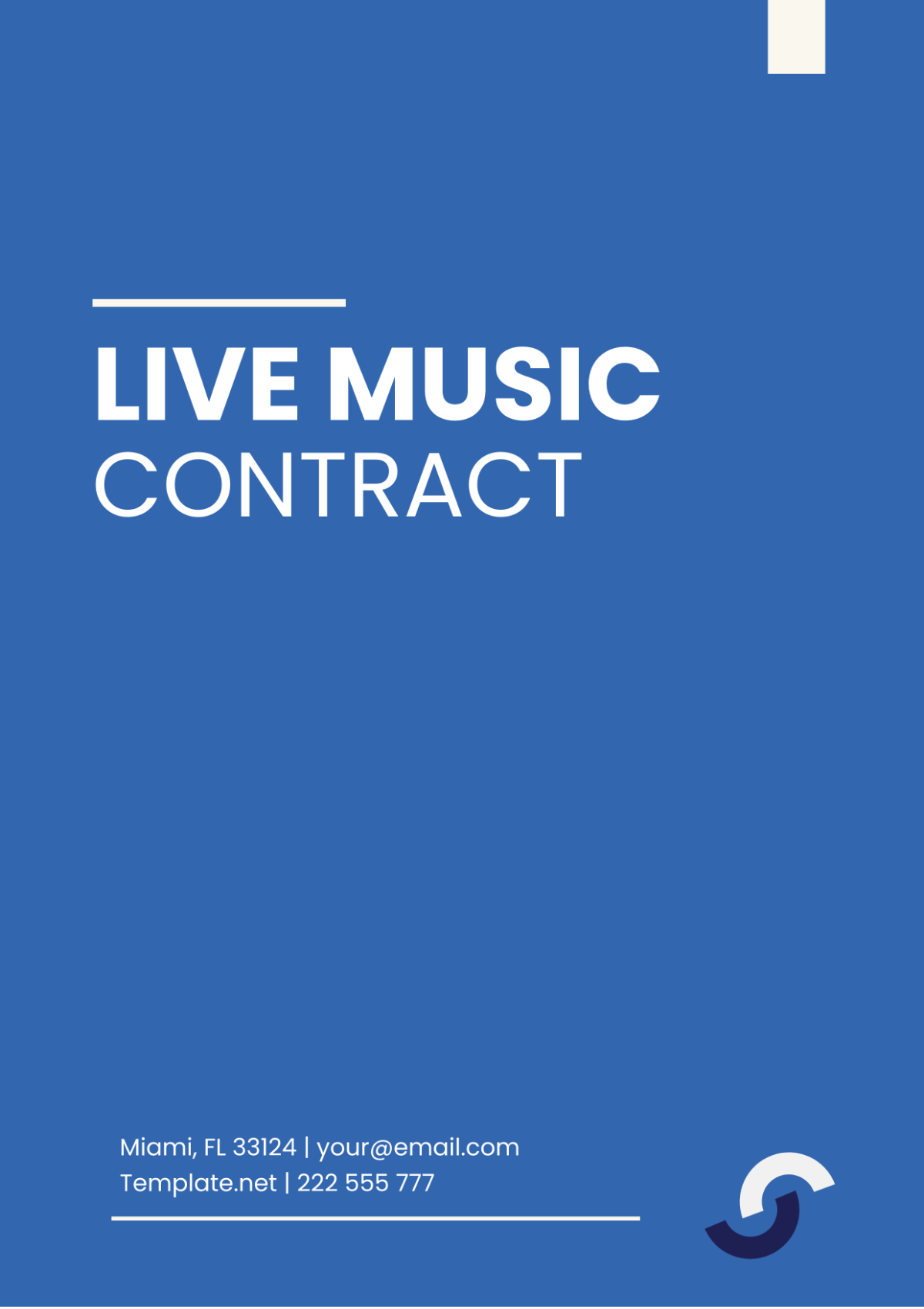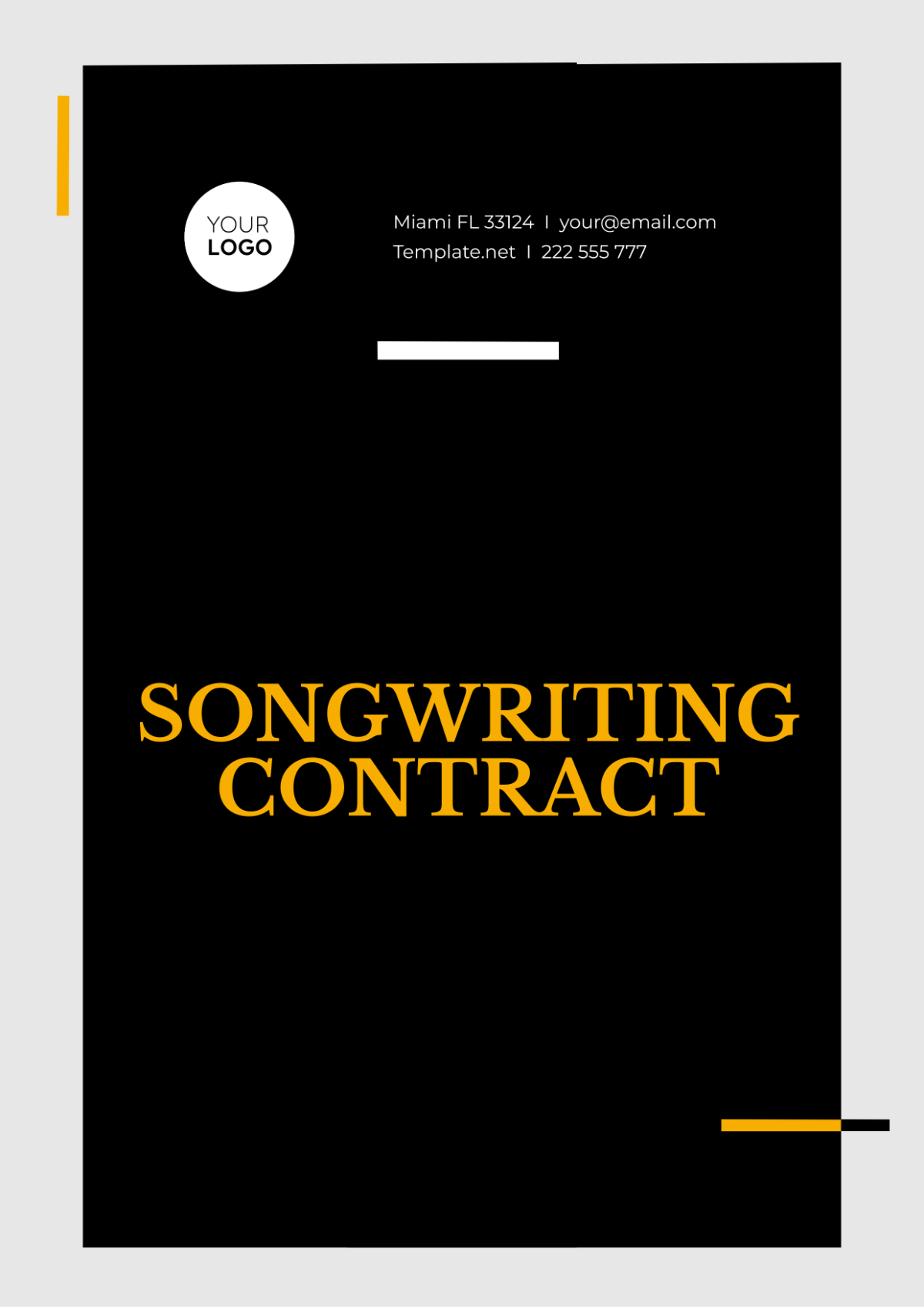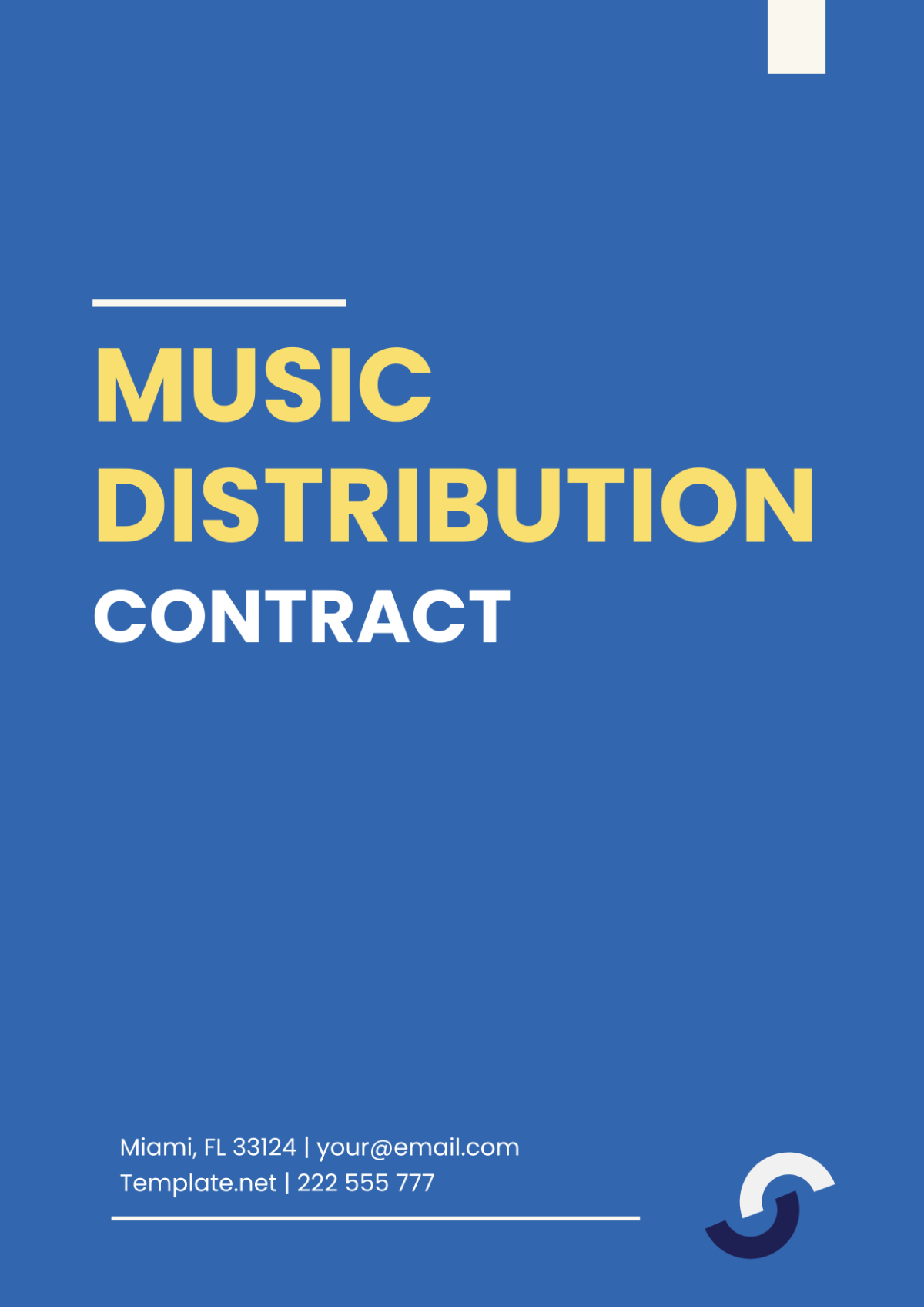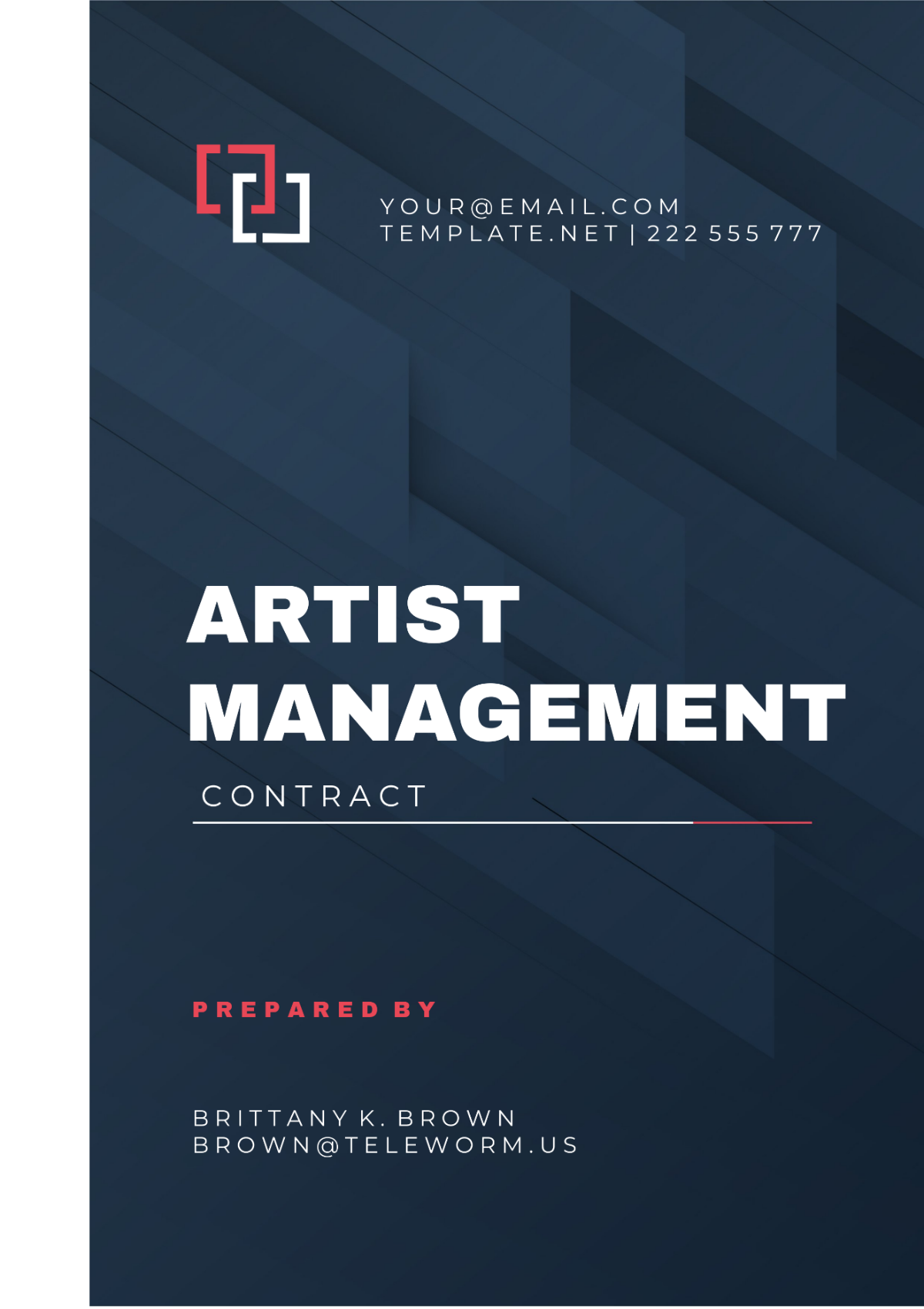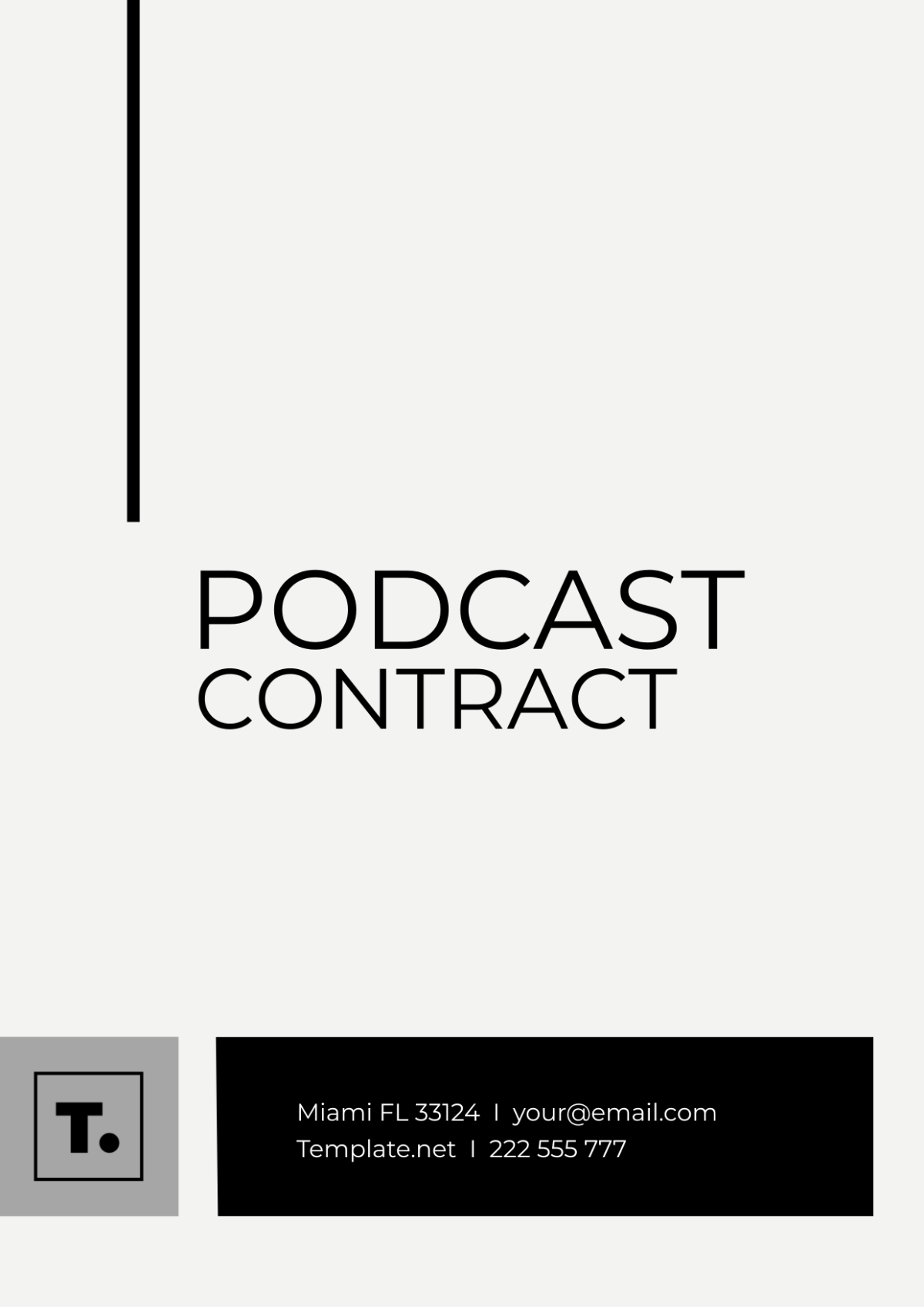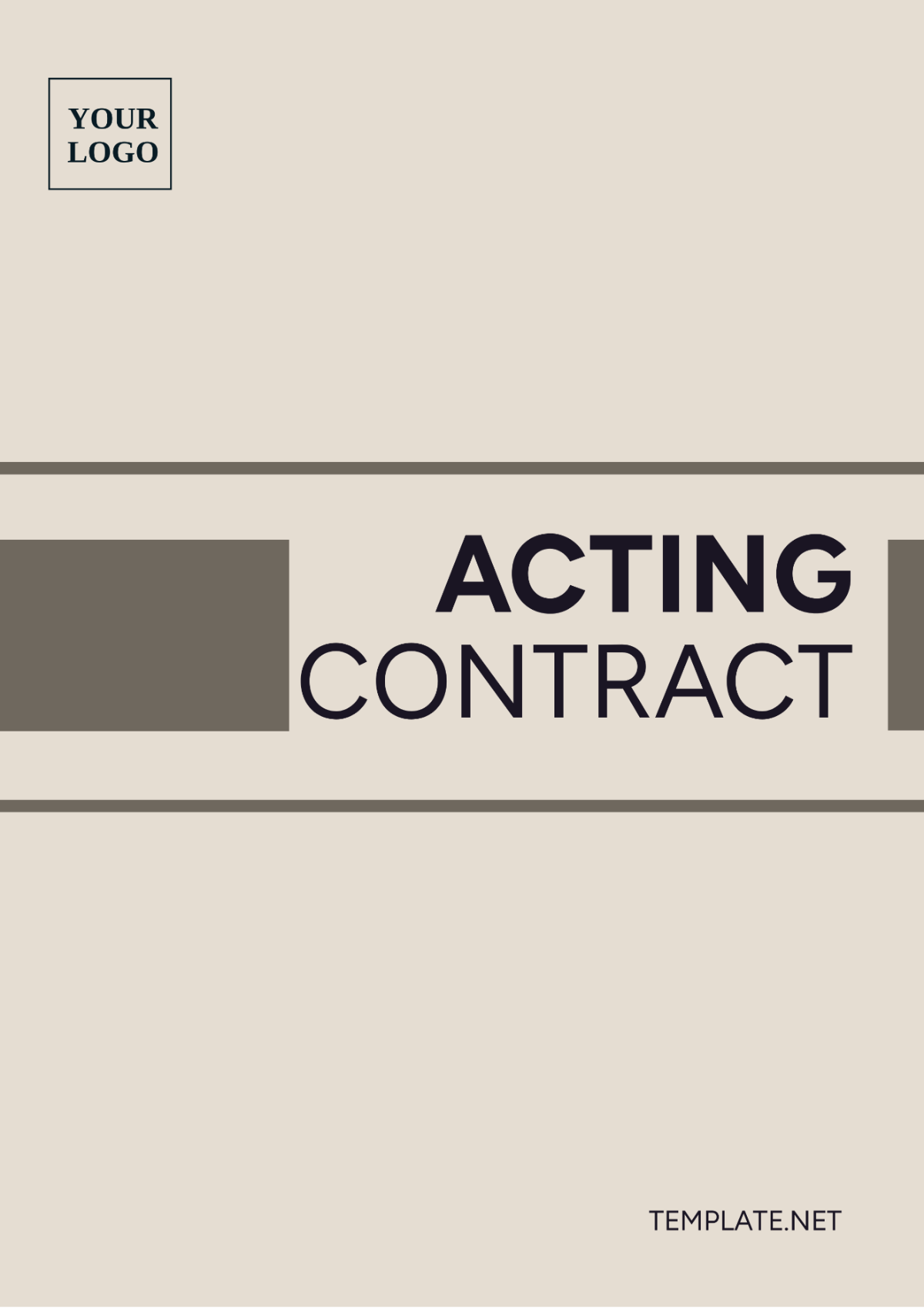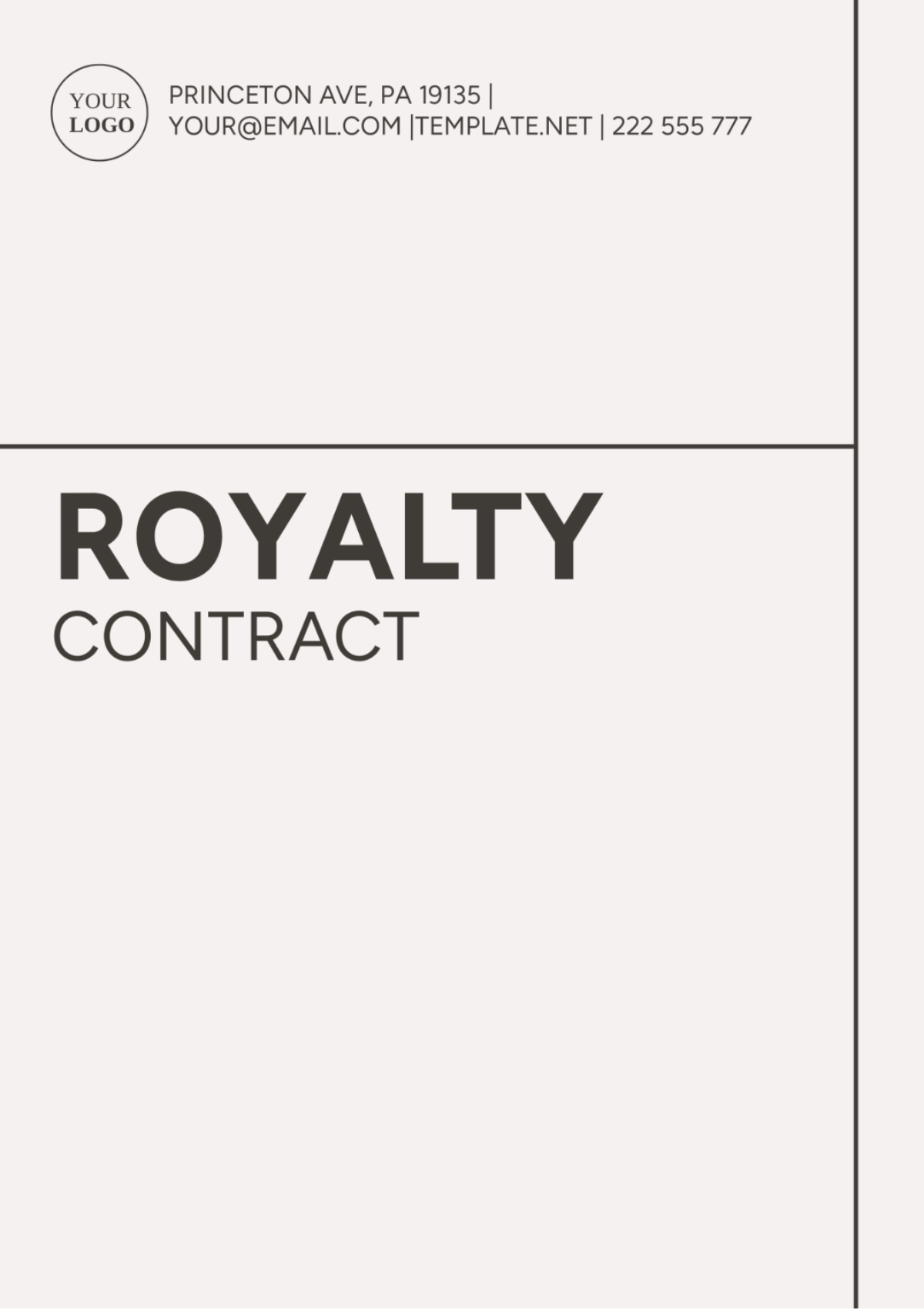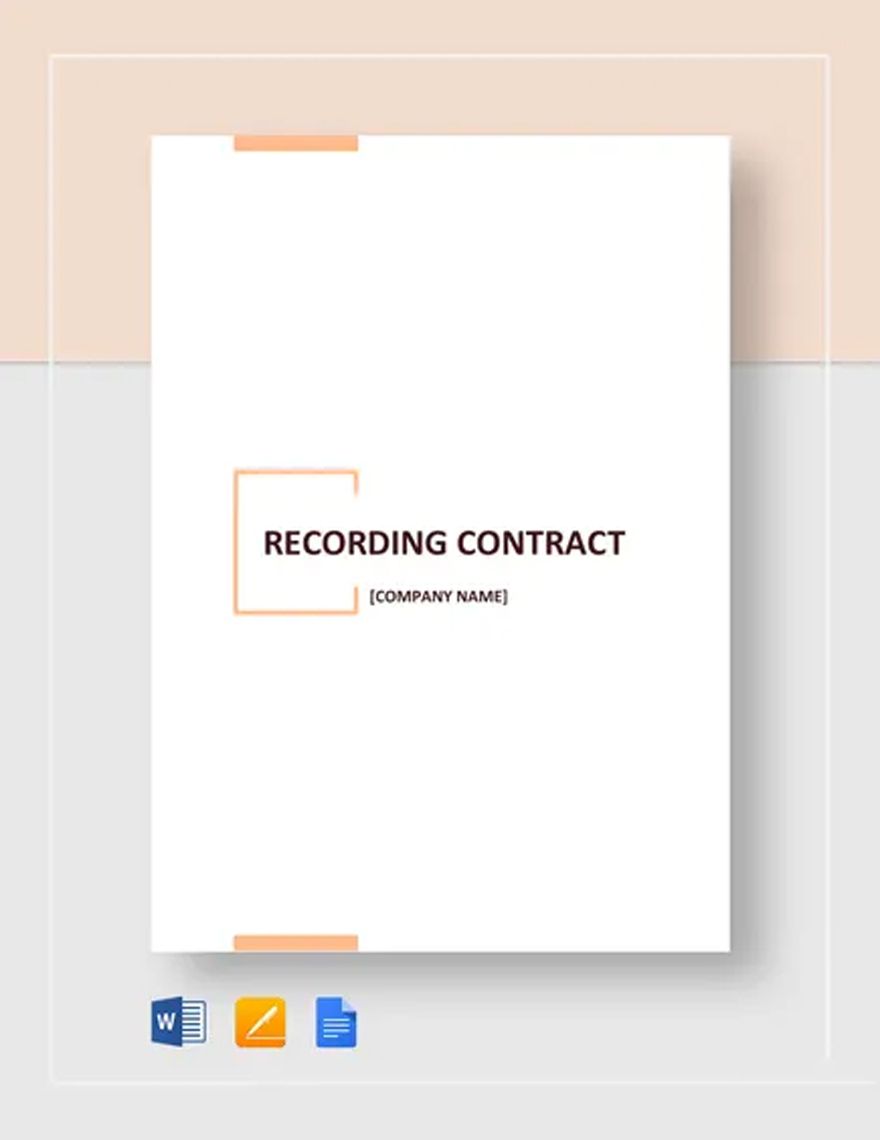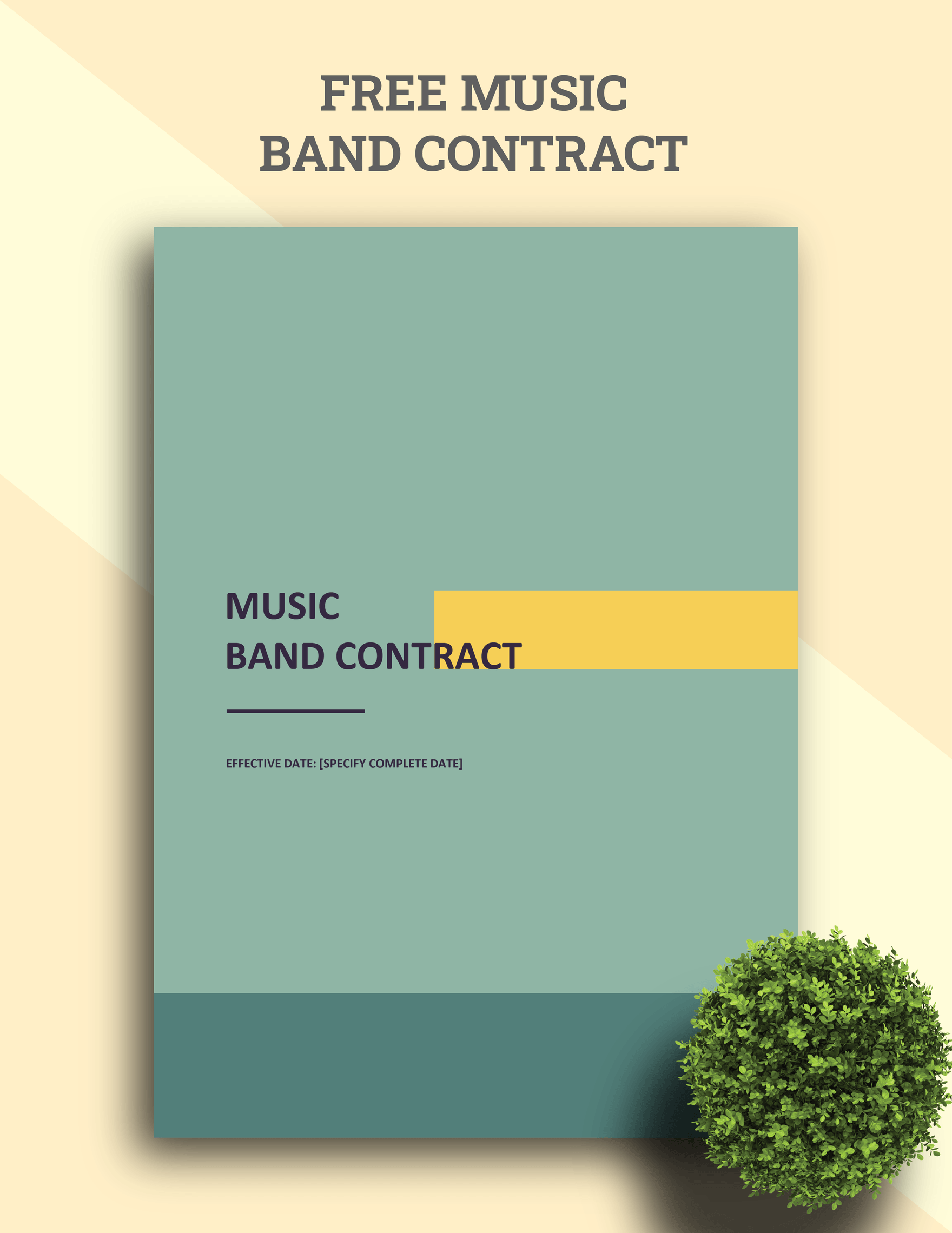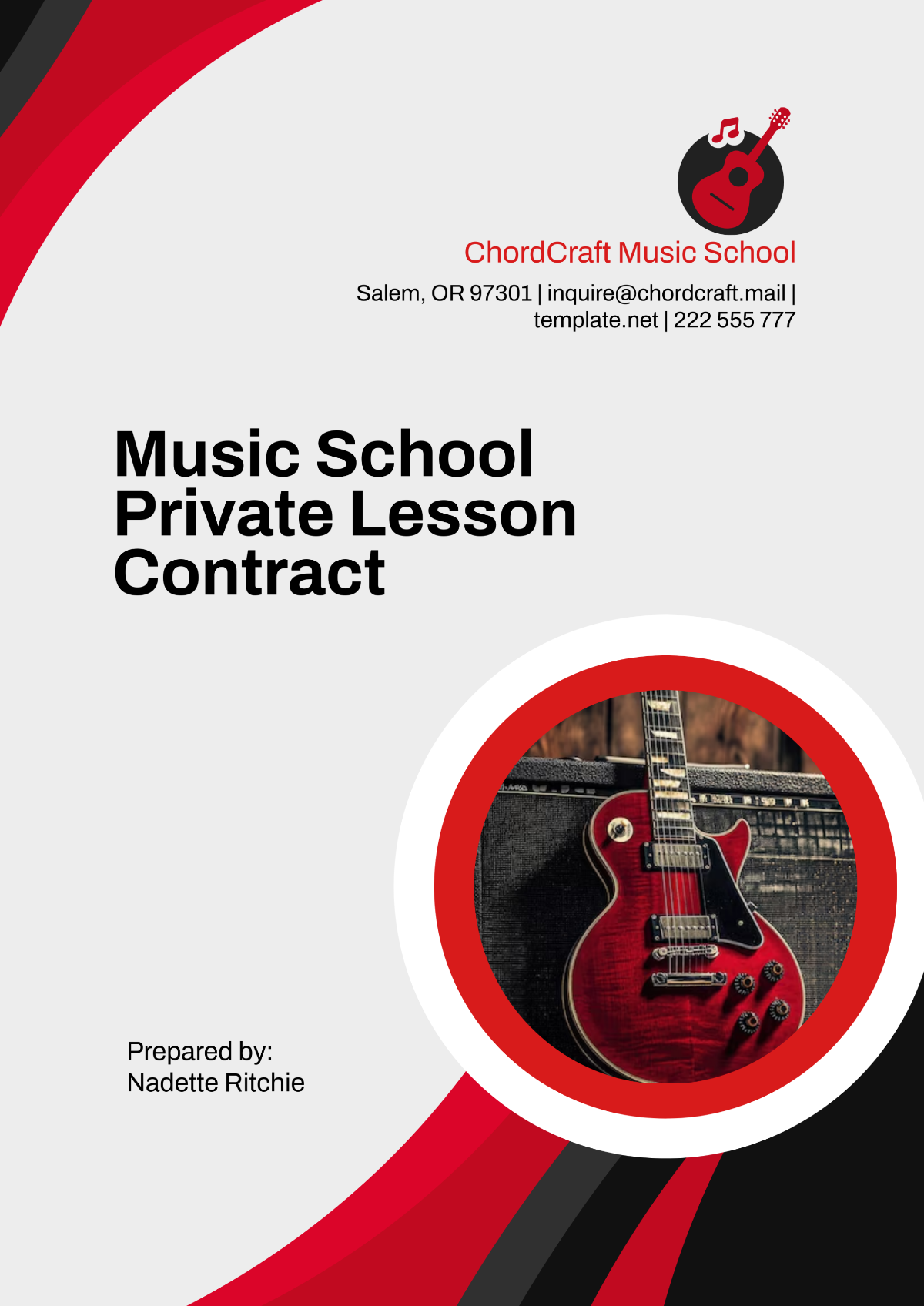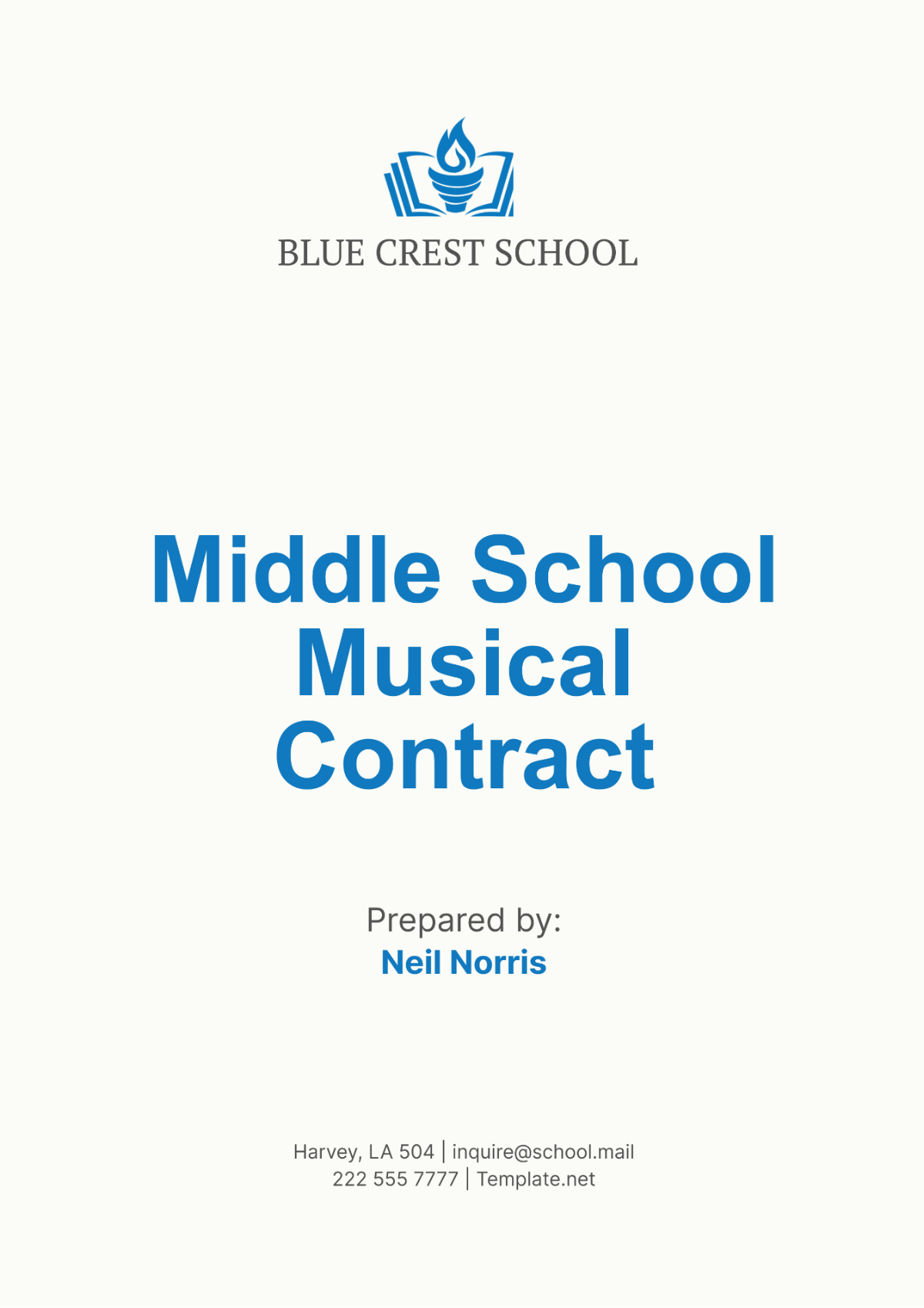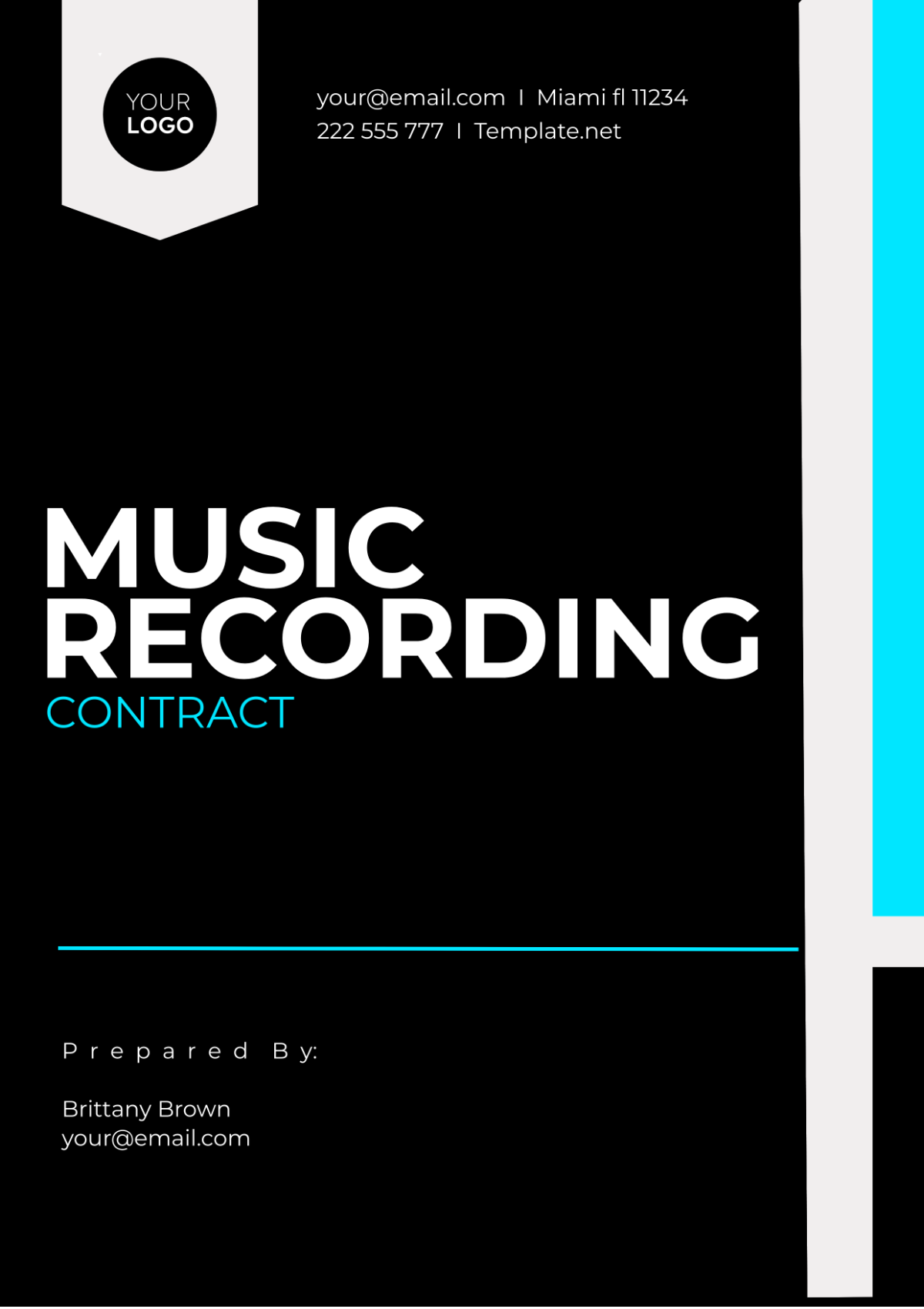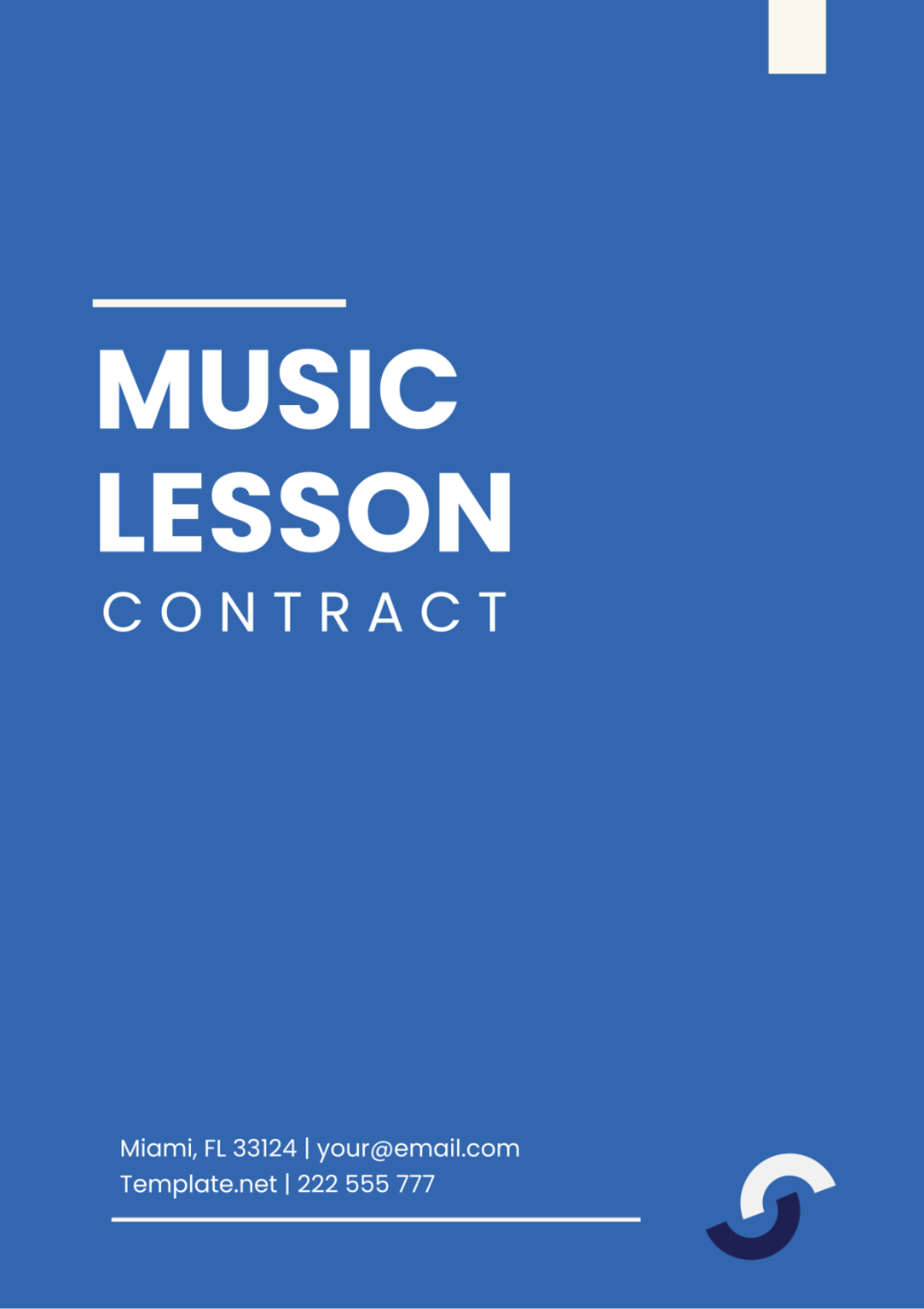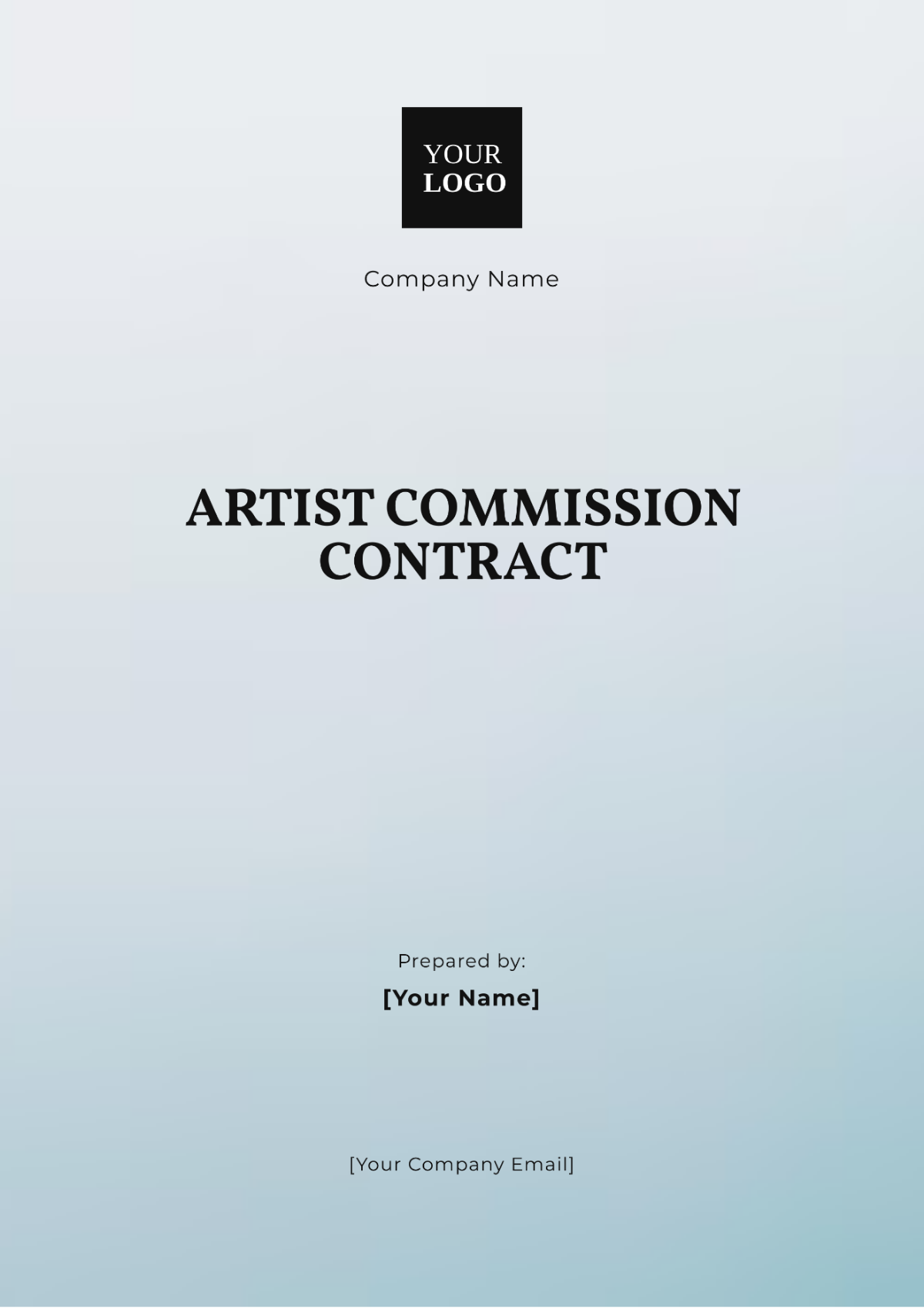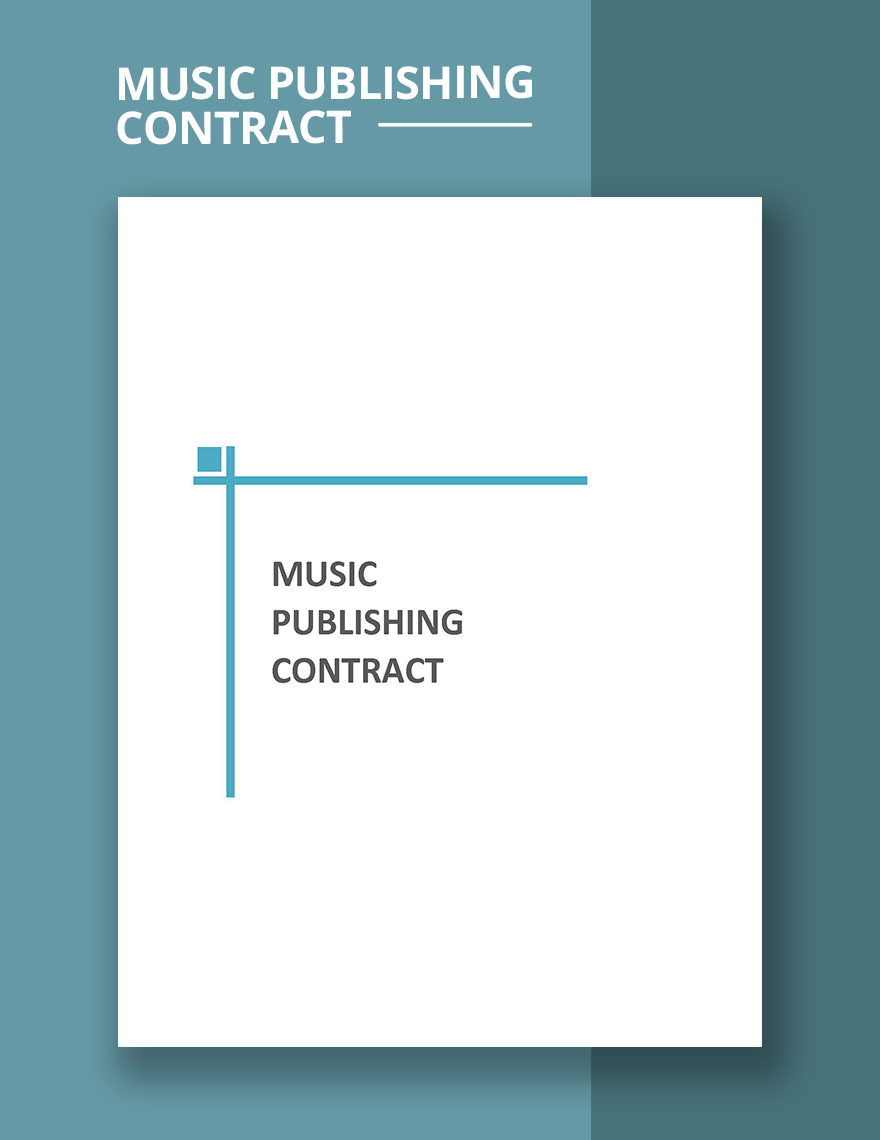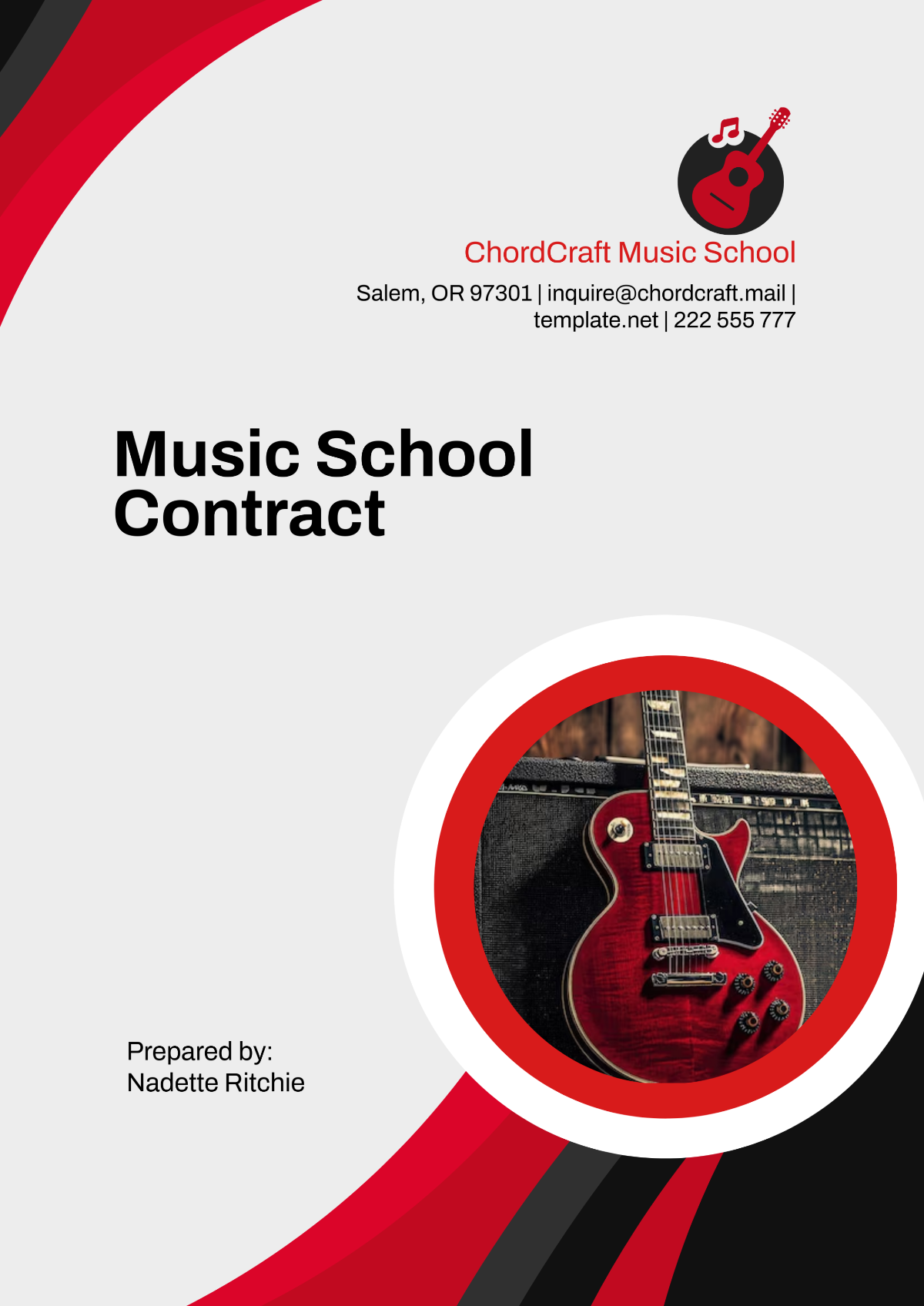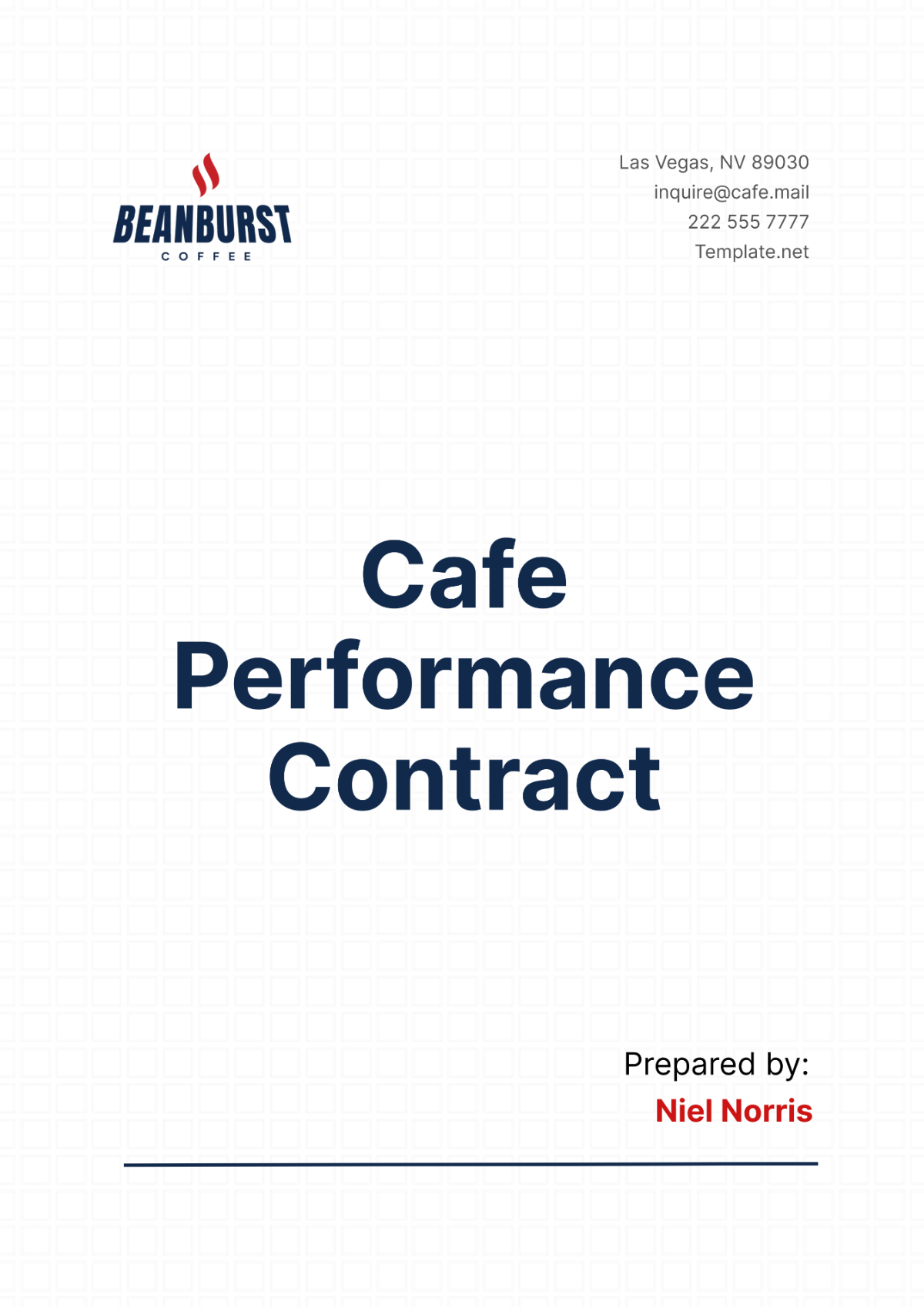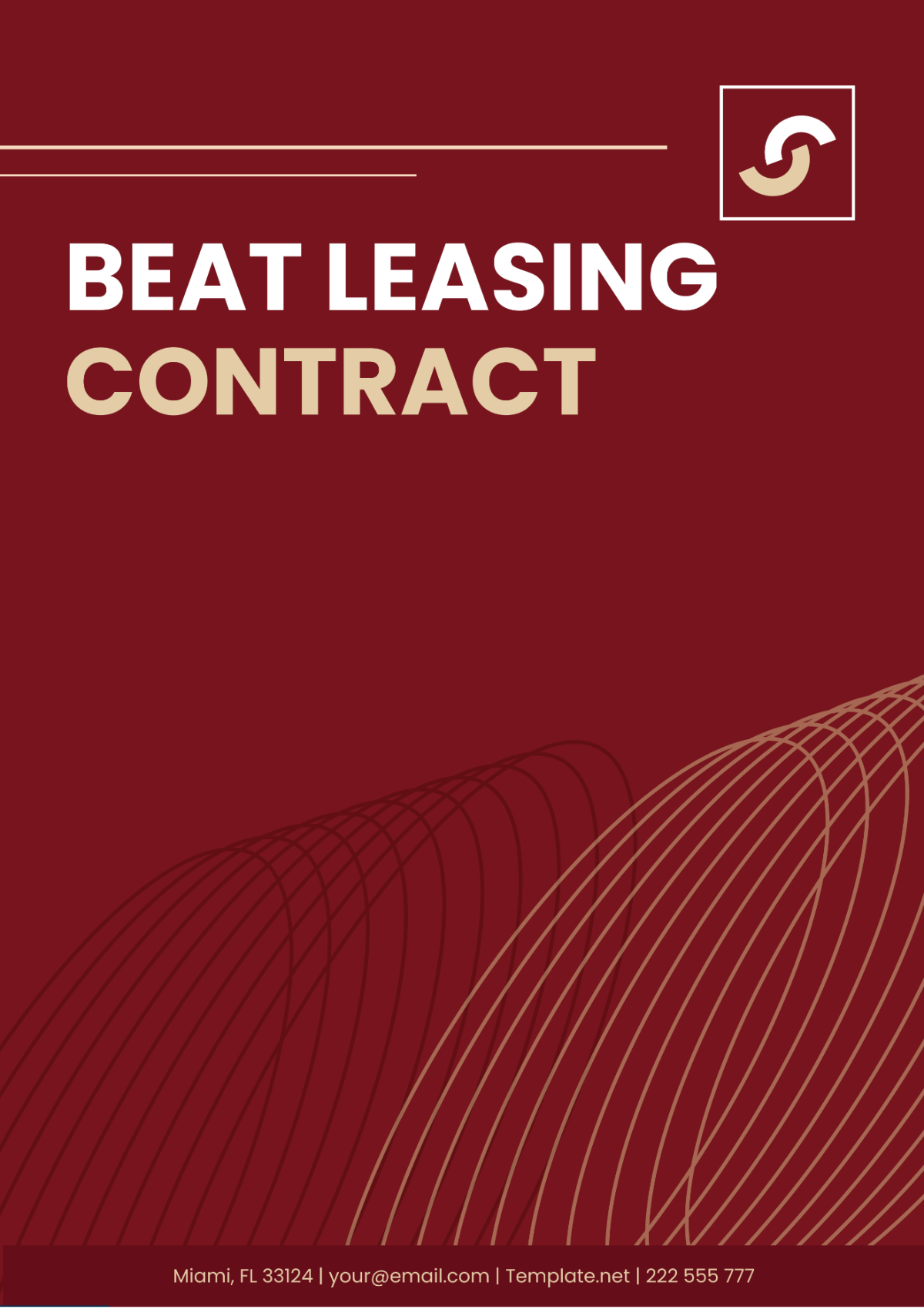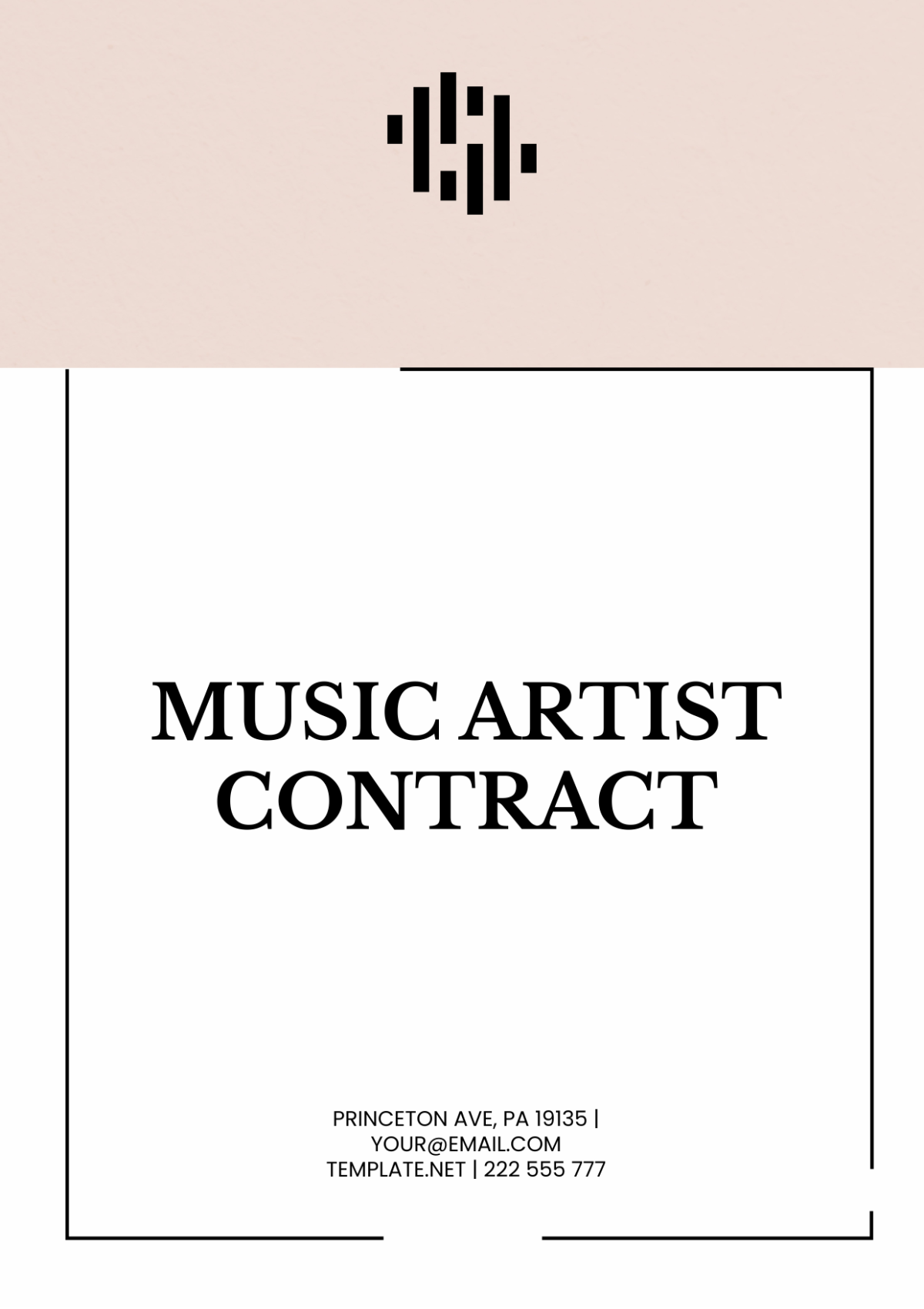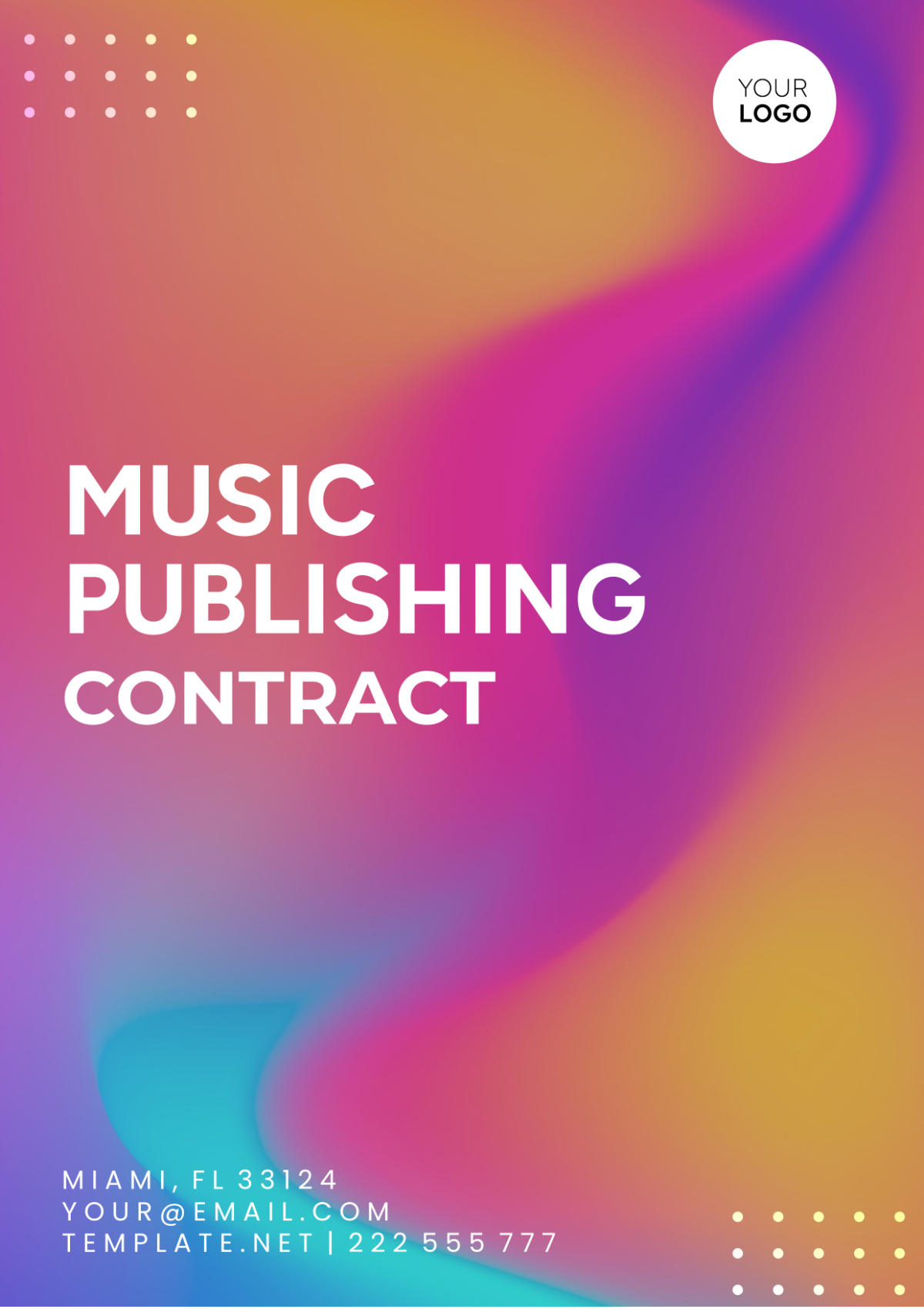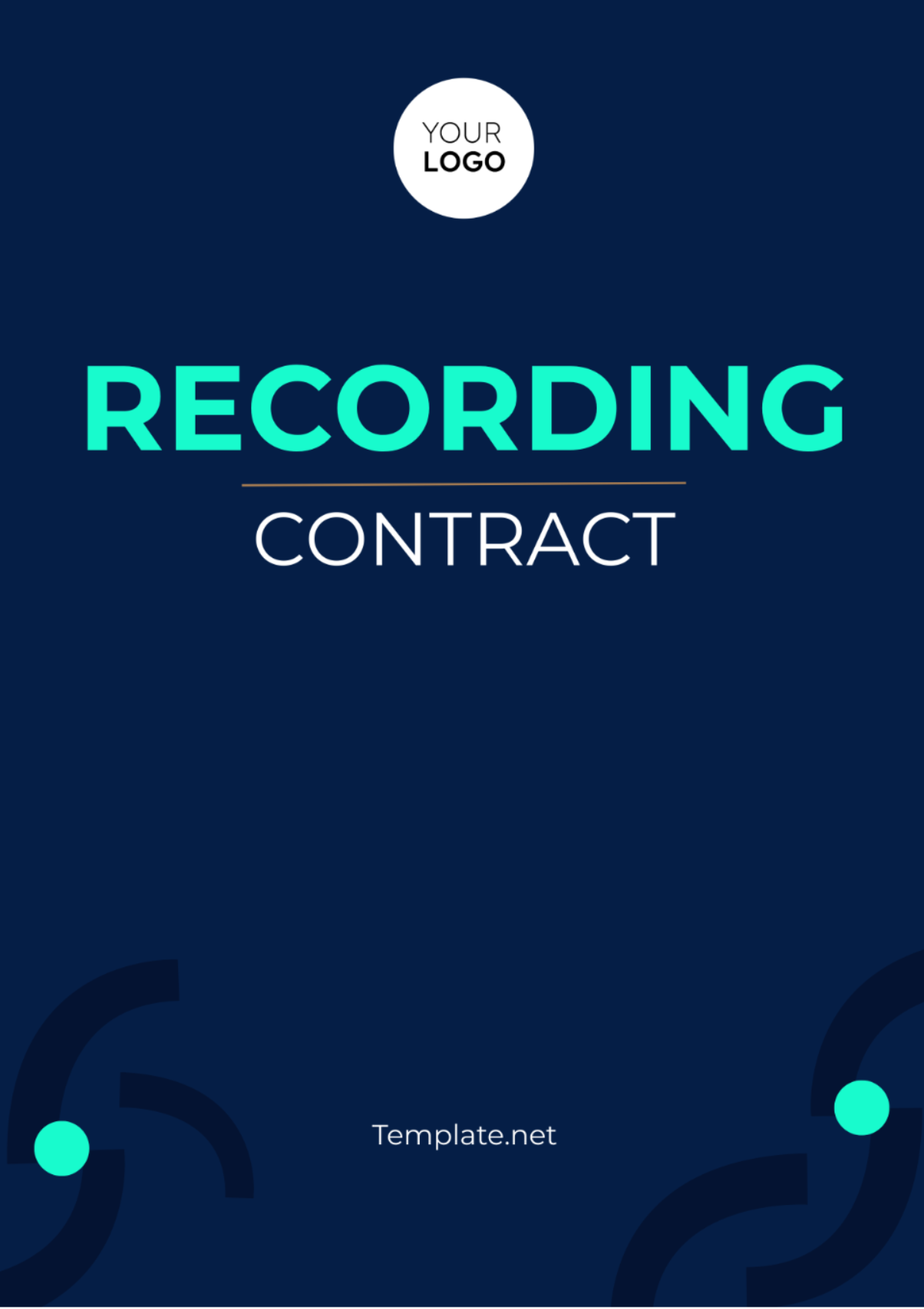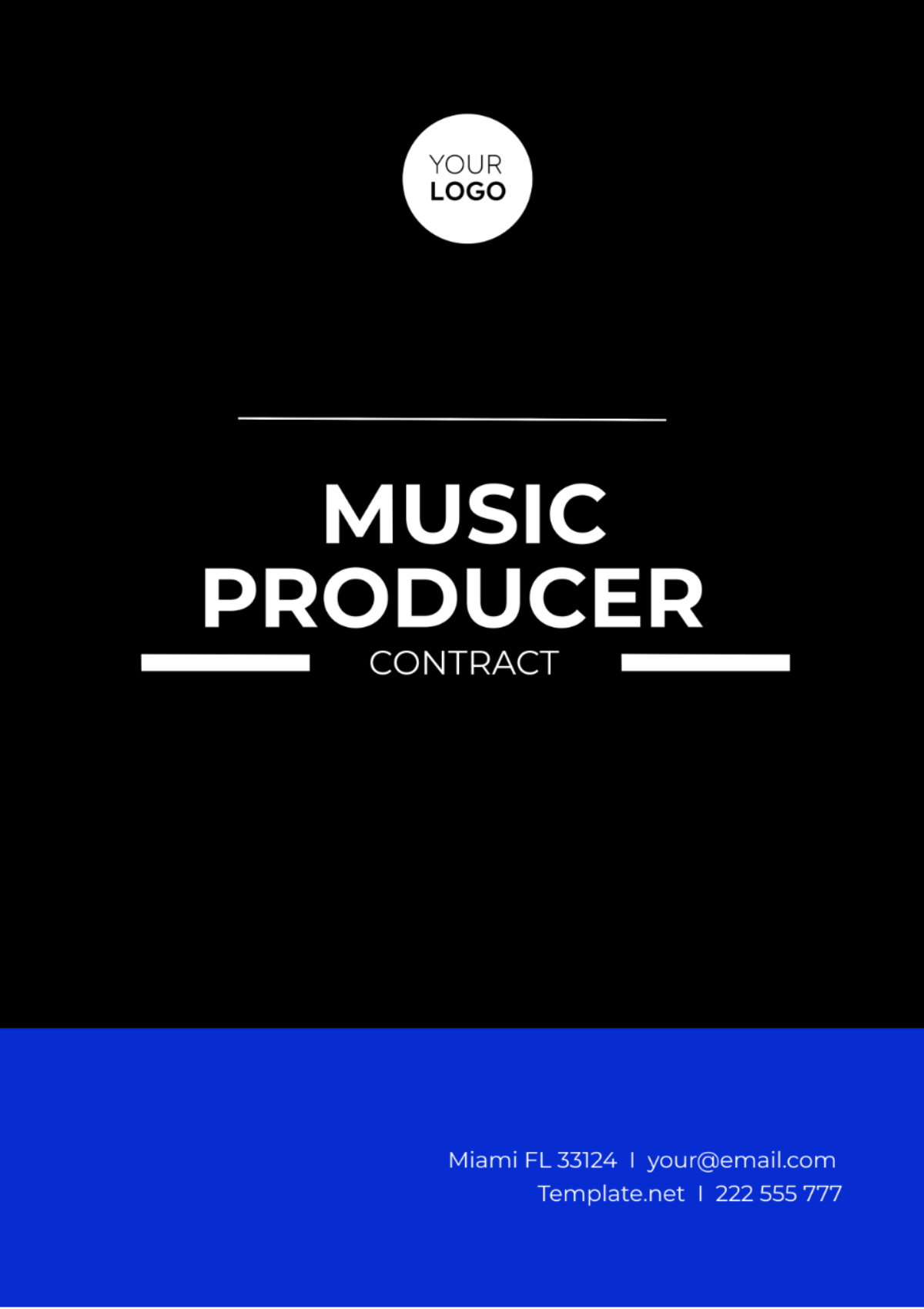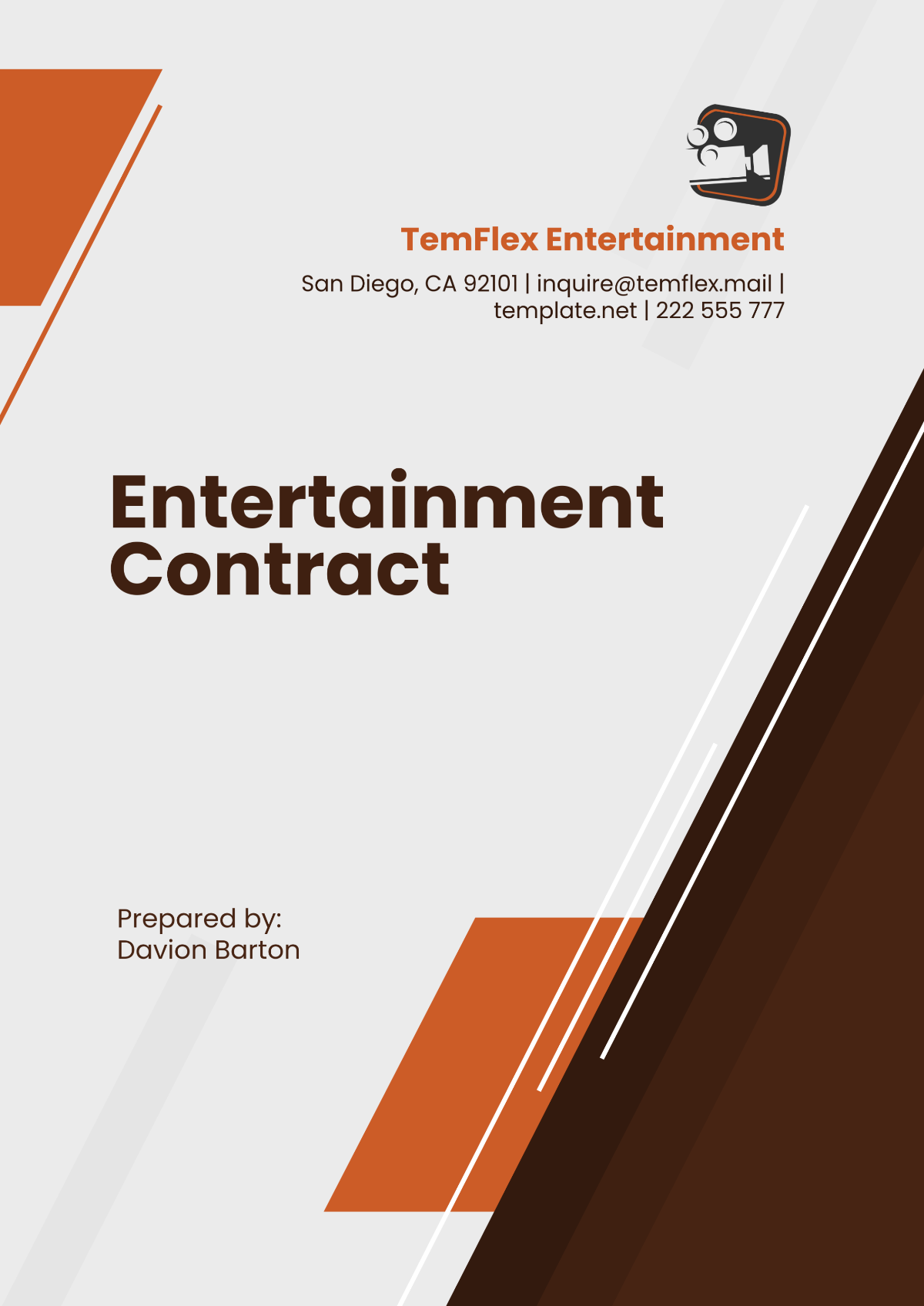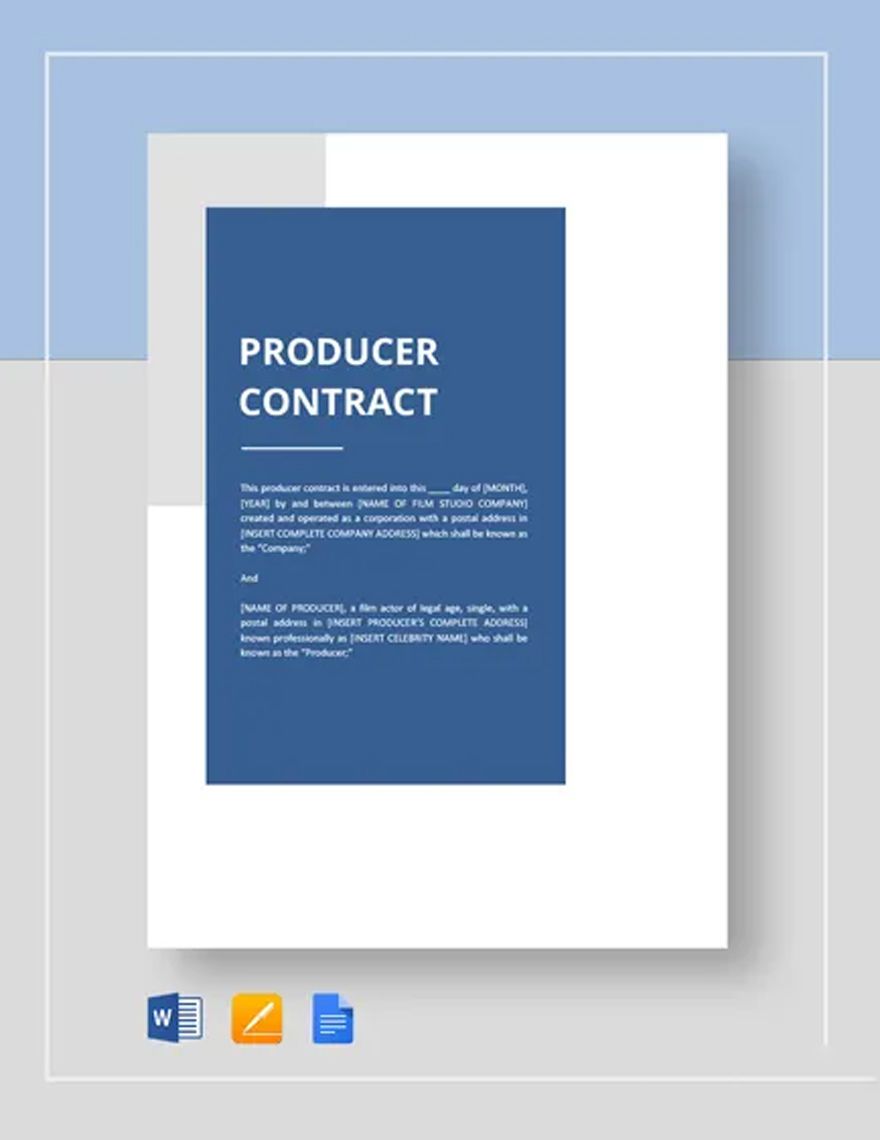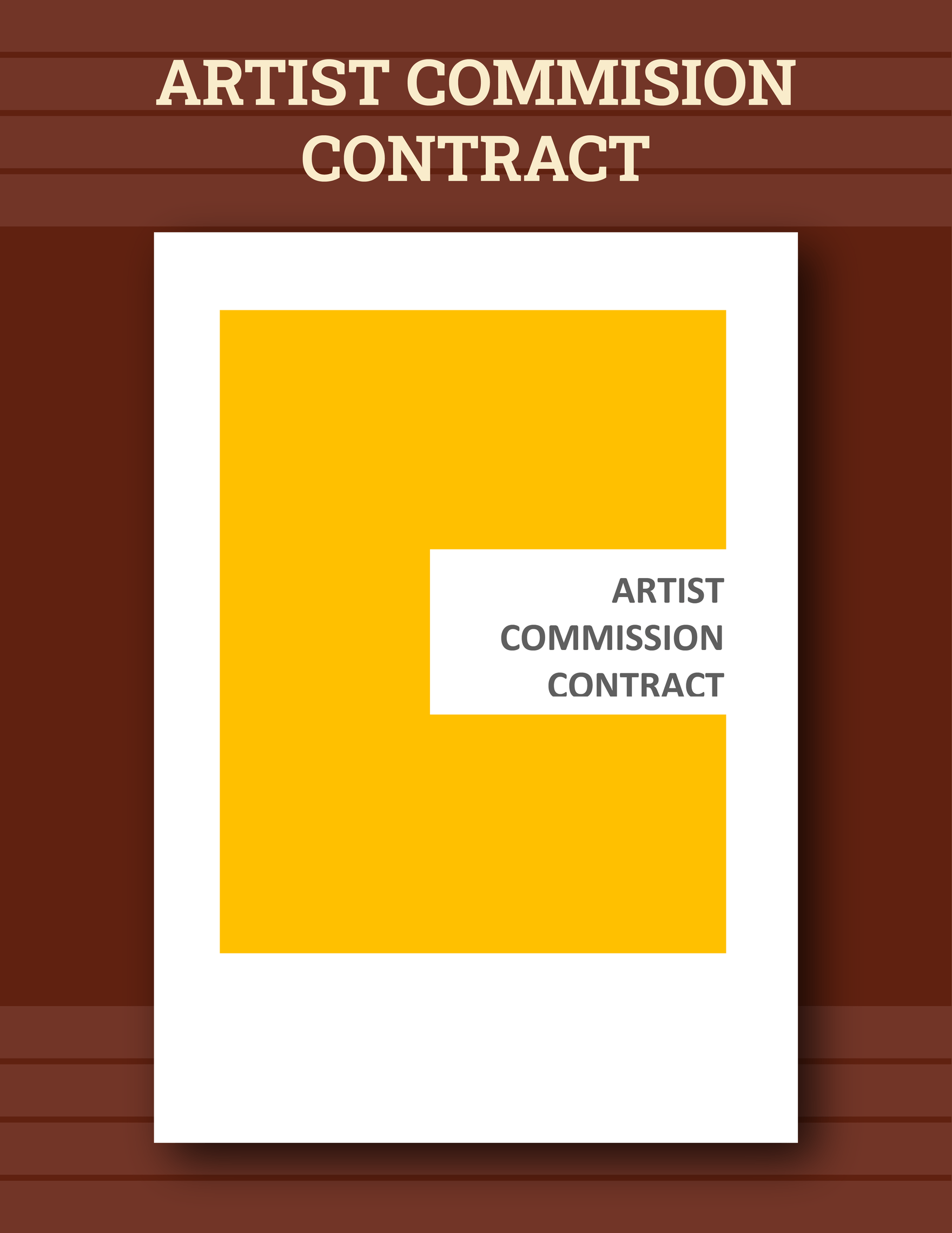Behind every successful song and music videos are legal papers that every artist should deal with. Many starting artists became victims of recording companies due to a lack of awareness of how a contract works. Whether you are writing a music band contract, music investor contract, music publishing contract, or music license contract, it is vital to make sure that you're making it the right way. Here we offer 100% customizable, professionally written, and high-quality music contract templates that are made available in A4 and US letter sizes and formats like MS Word, Apple Pages, and Google Docs and default file formats indicated in each description. Using our premium templates will guarantee you success in writing your contract. It is such a great offer served before you. Never waver! Download and subscribe now!
What Is a Music Contract?
A music recording contract, also known as a record deal, is a legal agreement between a recording artist and a record label that is used by record labels to assert their ownership of the master recording and their licensing rights in the promotion of the record. Record labels also use the contract to detail the payment of a fixed percentage of royalties to songwriters and singers who wish to record music.
How to Create a Music Contract
According to Amy Watson, the revenue of the recorded music has remained between 4.6 and 6.6 billion U.S. dollars since 2009; however, in 2018, the revenues surged to 6.6 billion U.S. dollars in 2018—a significant increase on previous years. Based on the previously mentioned statistical data, we can tell that the music industry in the U.S. remains strong despite the significant changes since its heyday. With regards to the substantial increase of revenues, every artist should know the variety of legal documents that will define relationships in the entertainment world—such documents are music contract, artist contract, record label contract, etc. Having signed a music recording contract provides contractual assurances to the recording artists and the record label during the process of recording and releasing an album.
Here are a few guidelines that you can follow in creating a comprehensive music contract.
1. Identify the Involved Parties
Before giving the whereas statements, you have to identify first the artist and the recording company. You have to make sure that you use the correct legal names of the parties, so it is clear who's responsible for performing the obligations stated in the contract. Moreover, you should also provide the address of the involved personalities or business, phone number, email address, and fax numbers.
2. Insert the Terms of the Contract
The body of your contract should spell out the obligations and the exclusive rights of each party. It is also the part where you identify the costs that will not be charged back by the recording company, add an overcall album, exclusivity provision, and a noncompete clause. If by chance you forget to include something in your contract, you can always create a short written amendment. Just don't forget to consult a lawyer in the course of writing your contract.
3. Specify Payment Obligations
It is already given that money is a controversial issue, so this part of your contract should be very detailed. You have to specify who pays whom, the payment schedule, and the conditions for making payments. You can also consider including a payment method because not all people are okay with a business charge card or a business check; for instance, the artist and the music producer might prefer direct cash or a cashier's check.
4. Add Covenants
Every publishing, producer, and recording company's nightmare is to be sued for copyright infringement; you can protect yourself from dealing with this kind of situation by adding a covenant in your contract that states that the artist's work is original. Moreover, you can also add an indemnity provision, arbitration, and provisions that explain the risks of the music industry.
5. Finalize the Contract
Before you end your simple contract, you have to explain the grounds that can trigger the termination of the contract by adding a termination clause. Also, do not forget to add a merger clause and choice of law provision. Lastly, you have to provide signature lines after this statement: "In witness whereof, all of the following parties have caused their legal signatures to be affixed in agreement this [date]." After which you have to provide signature lines for the record label representative, management company, producer, co-producer, artist, or artist's company representative.
